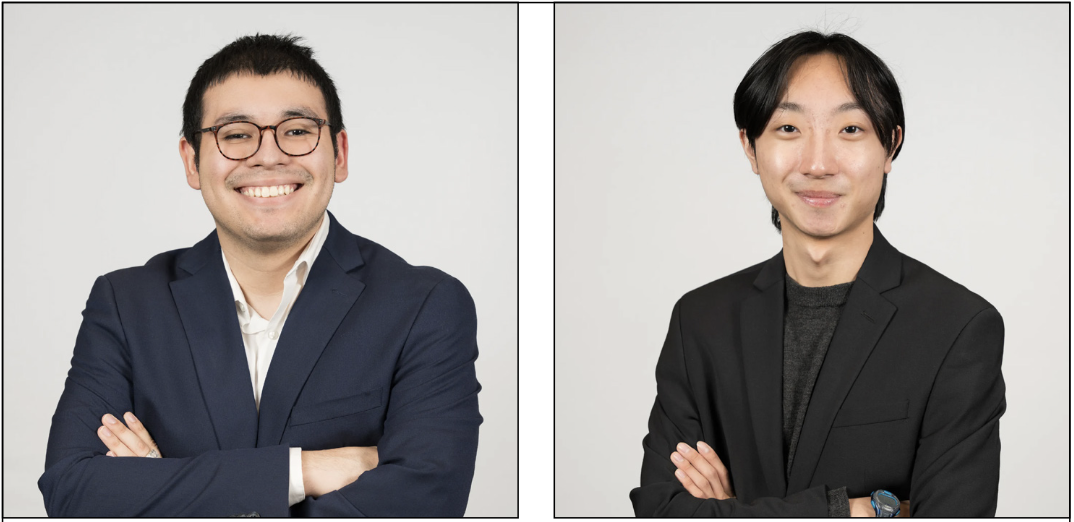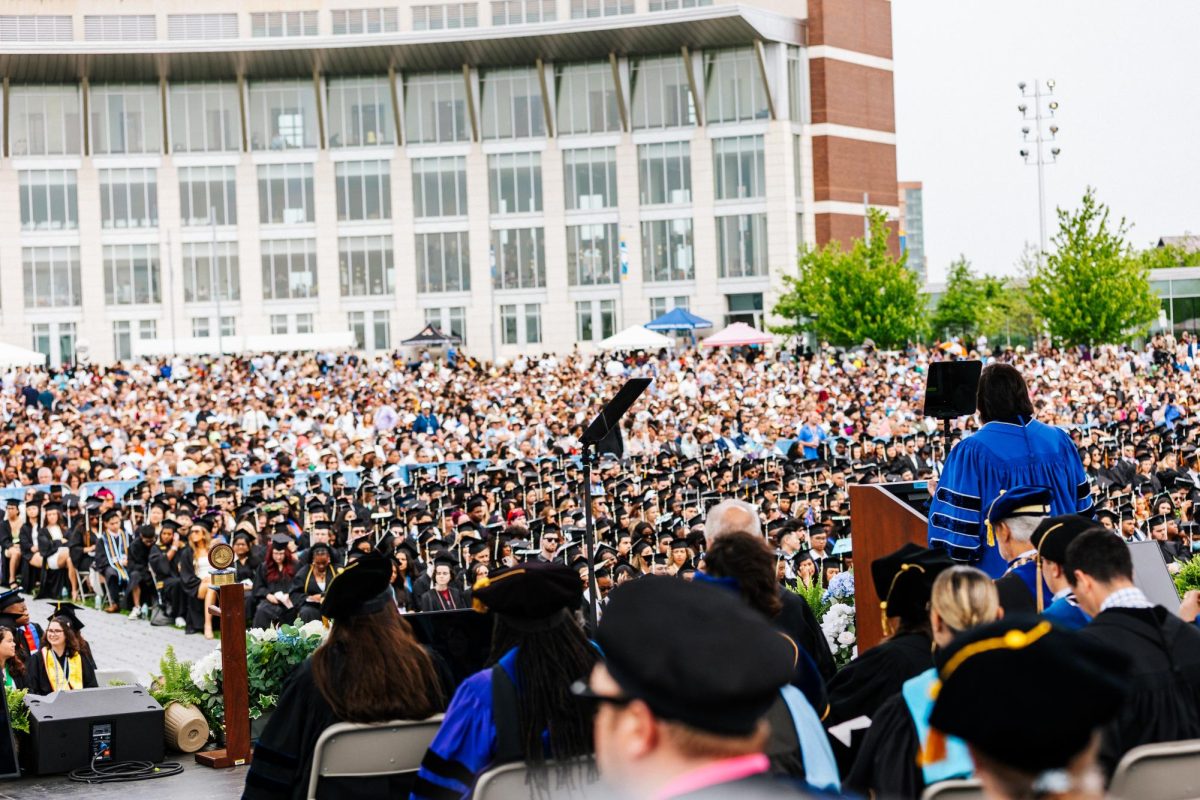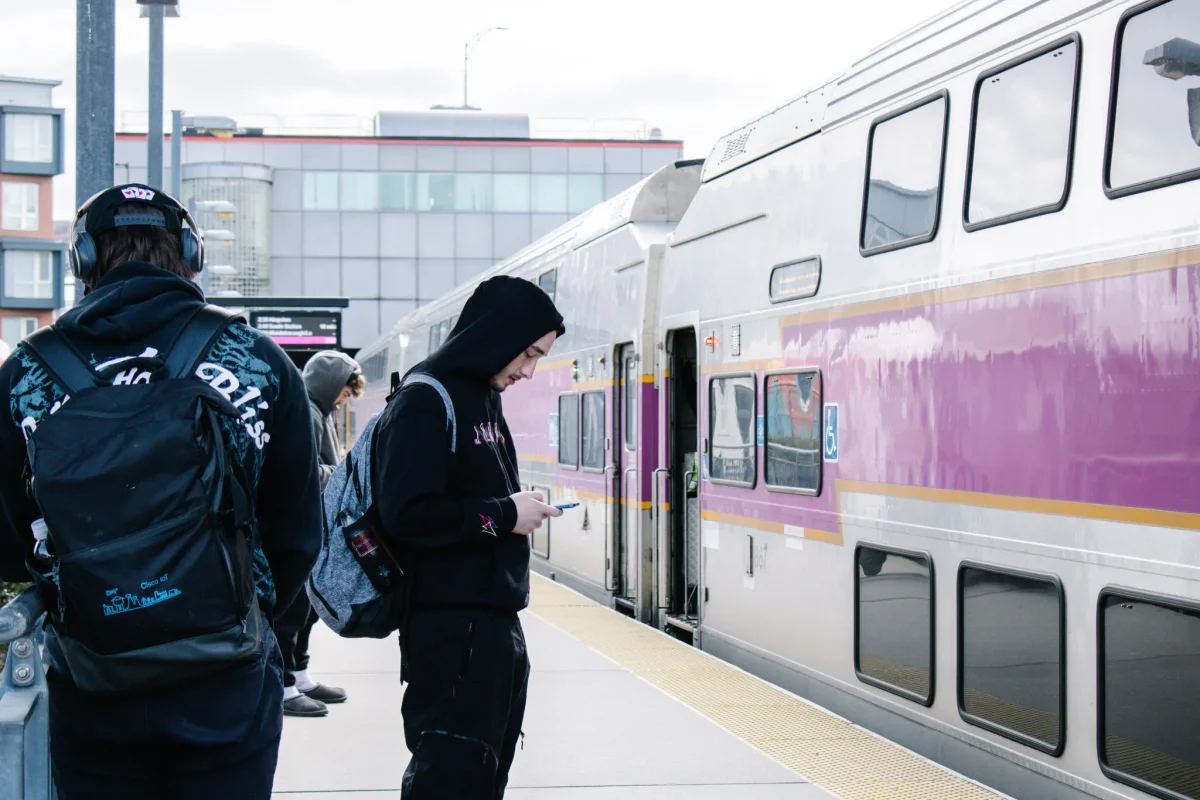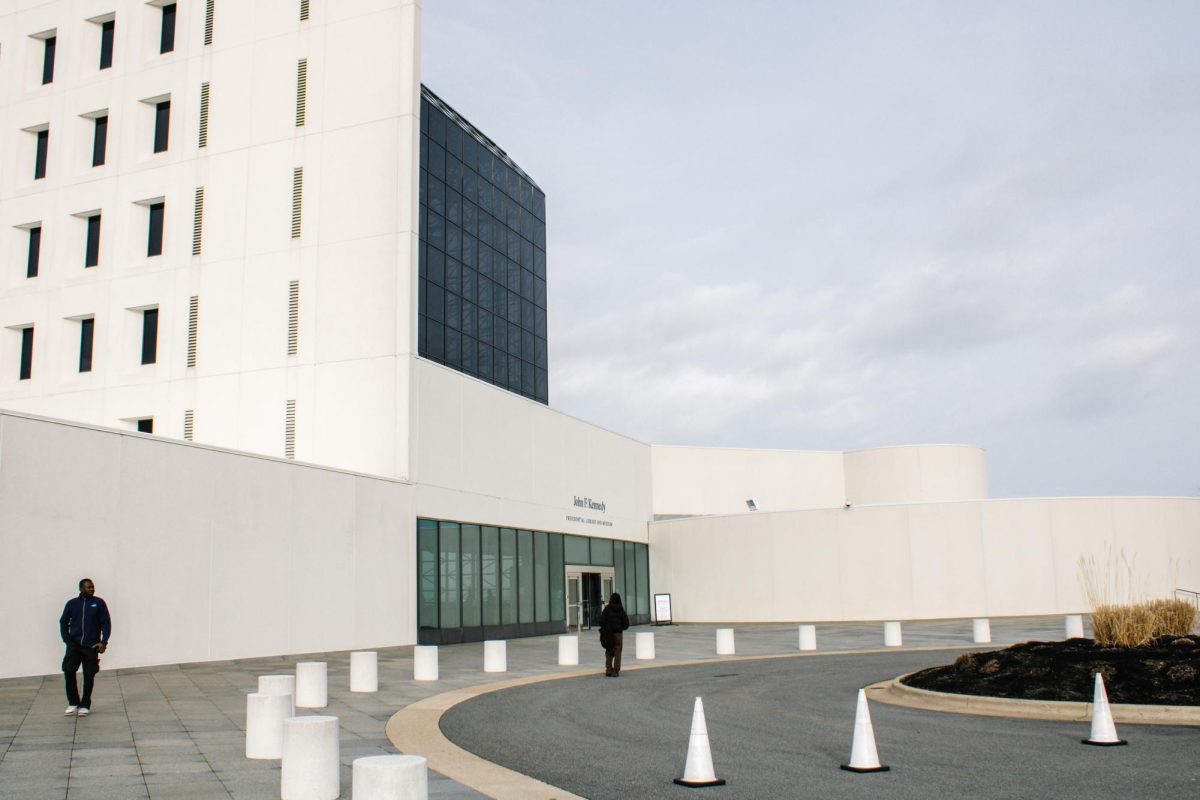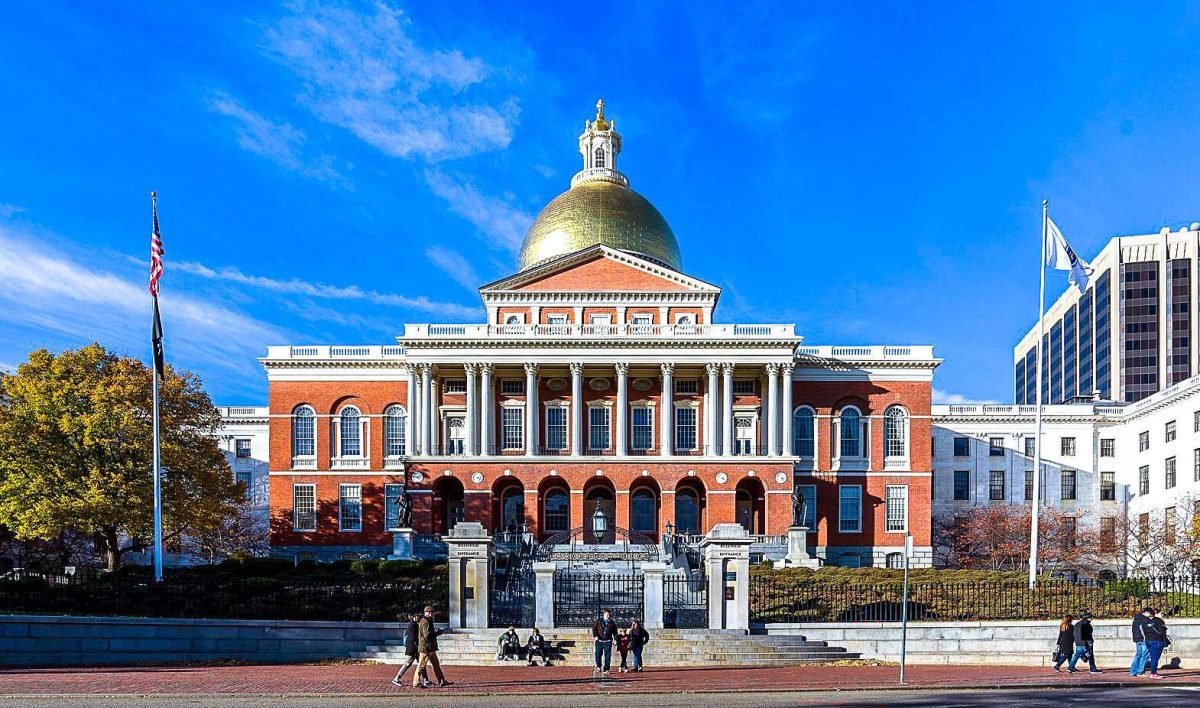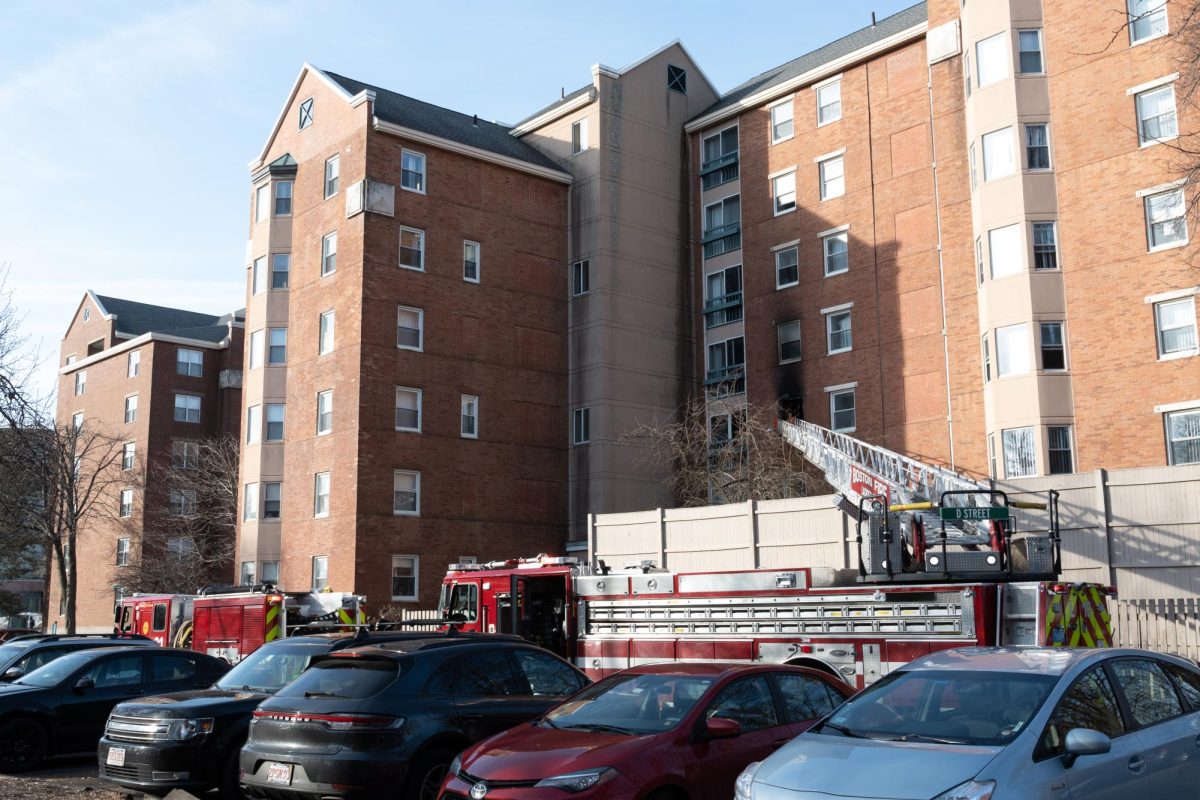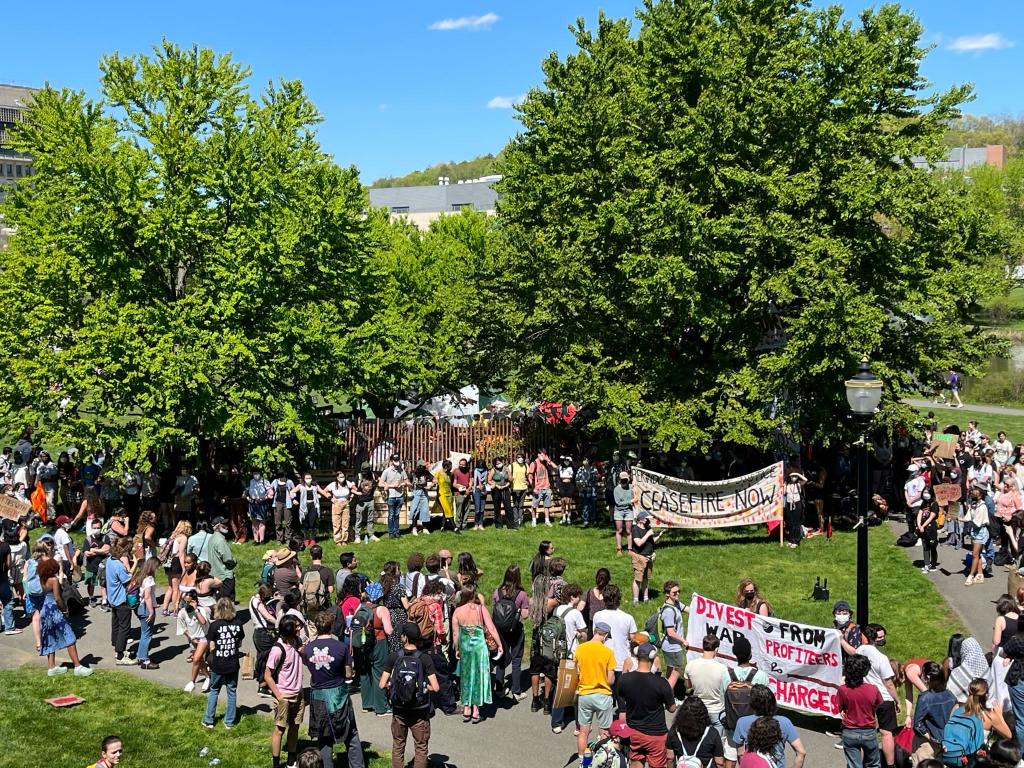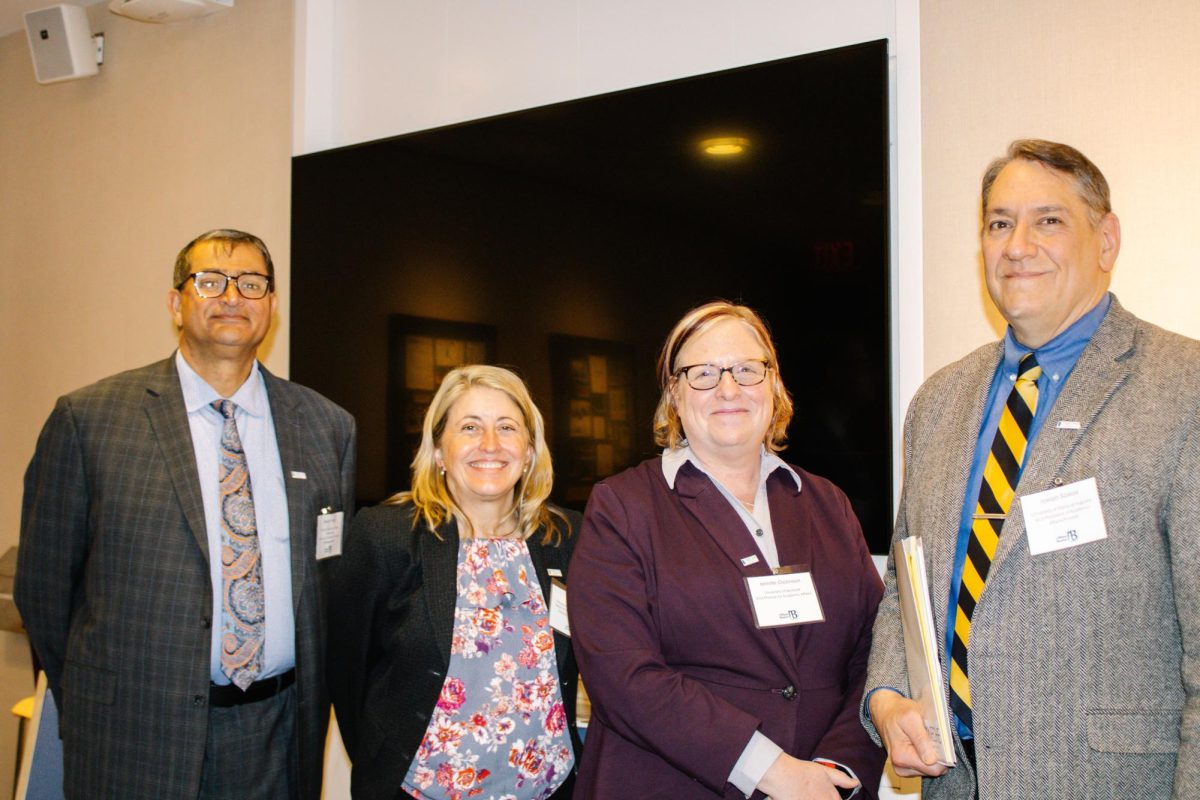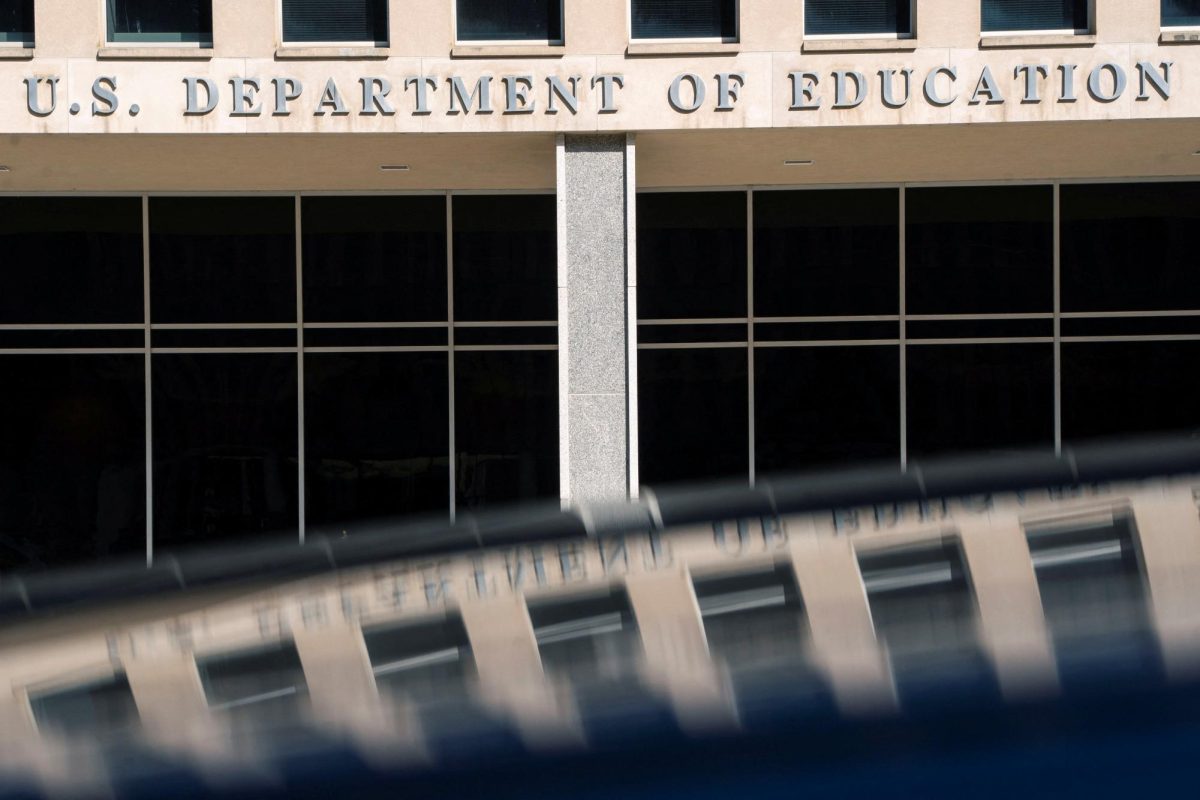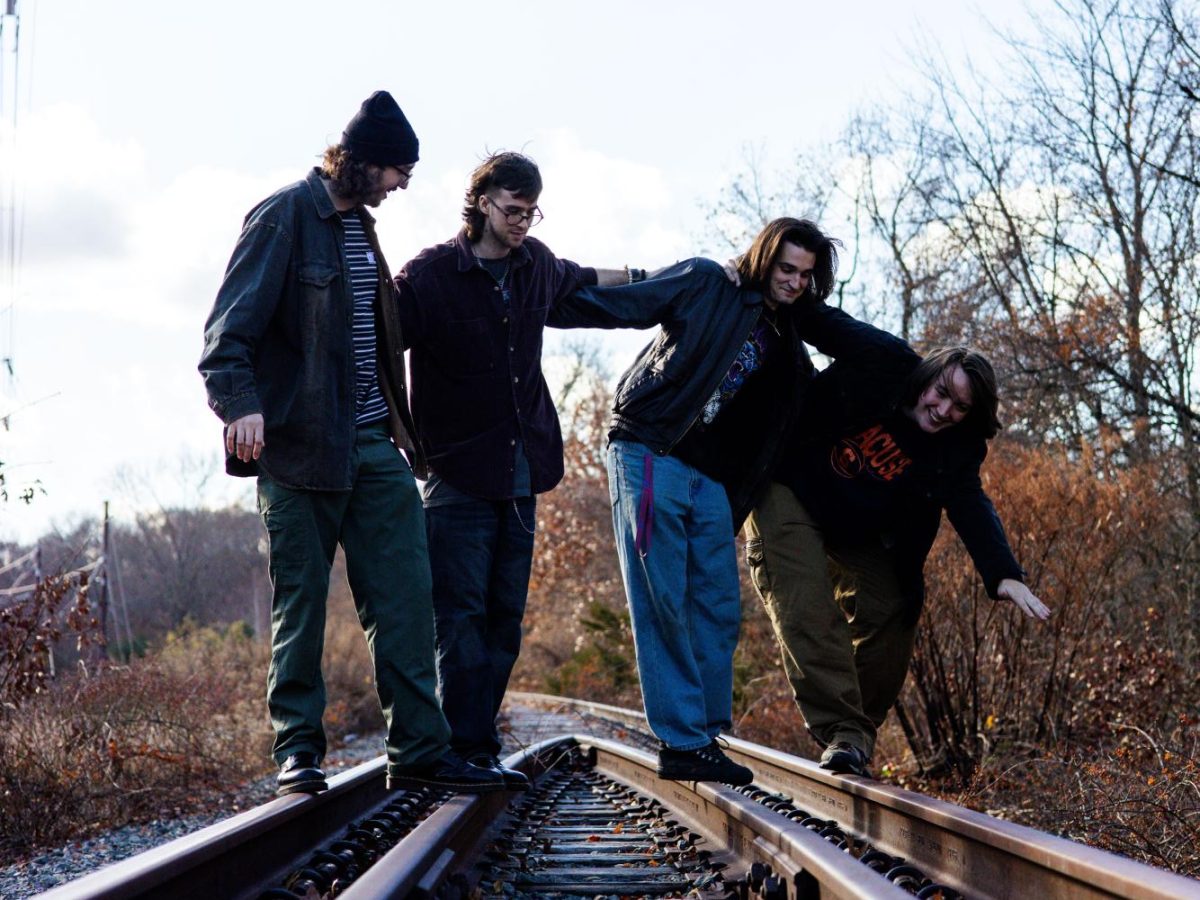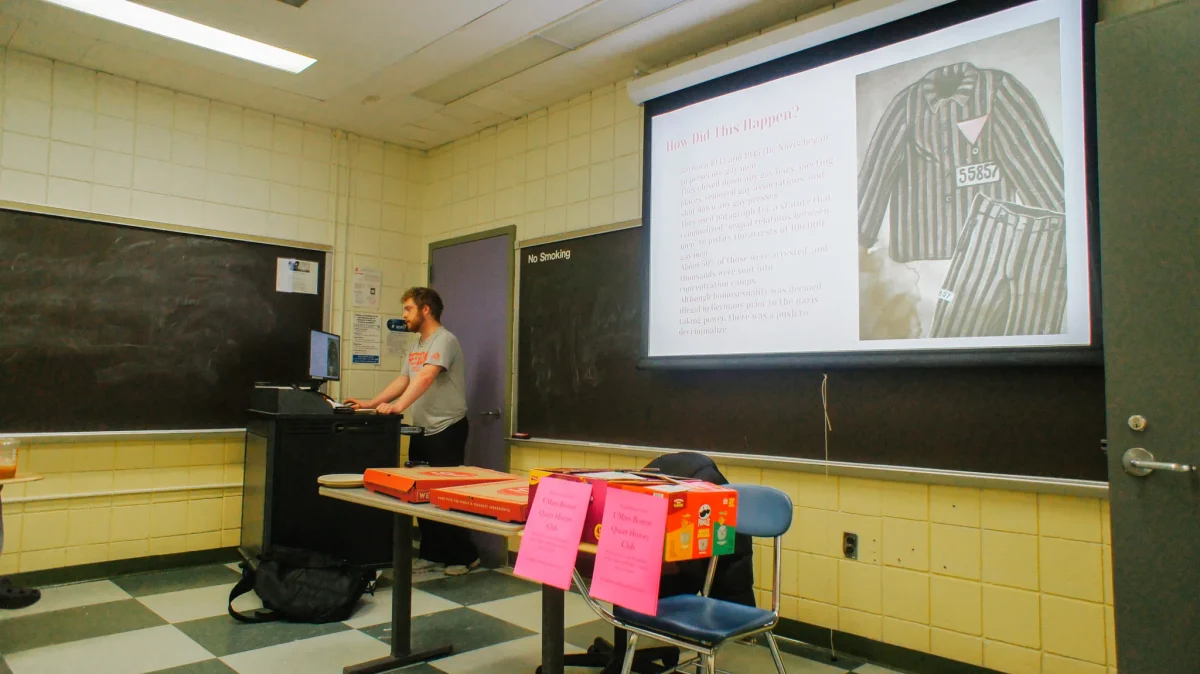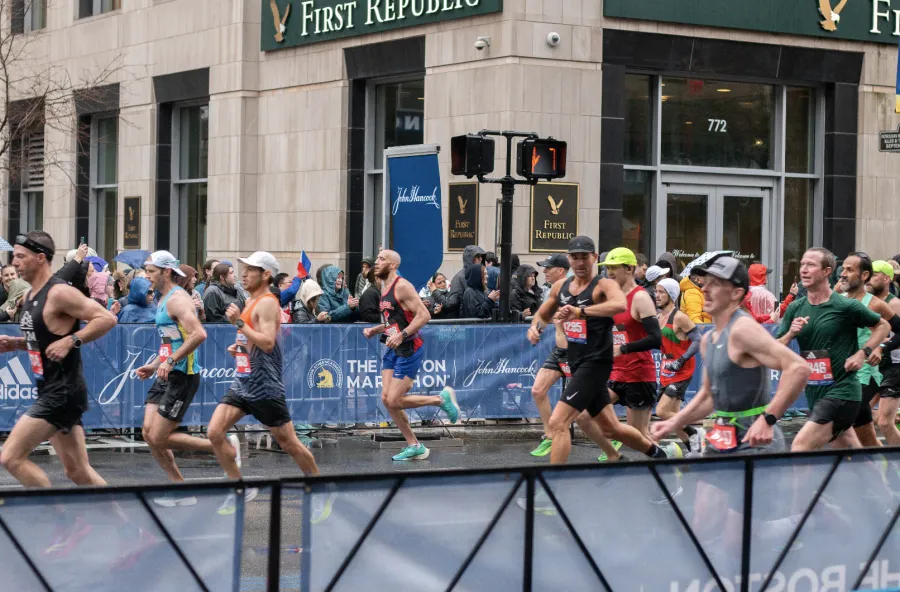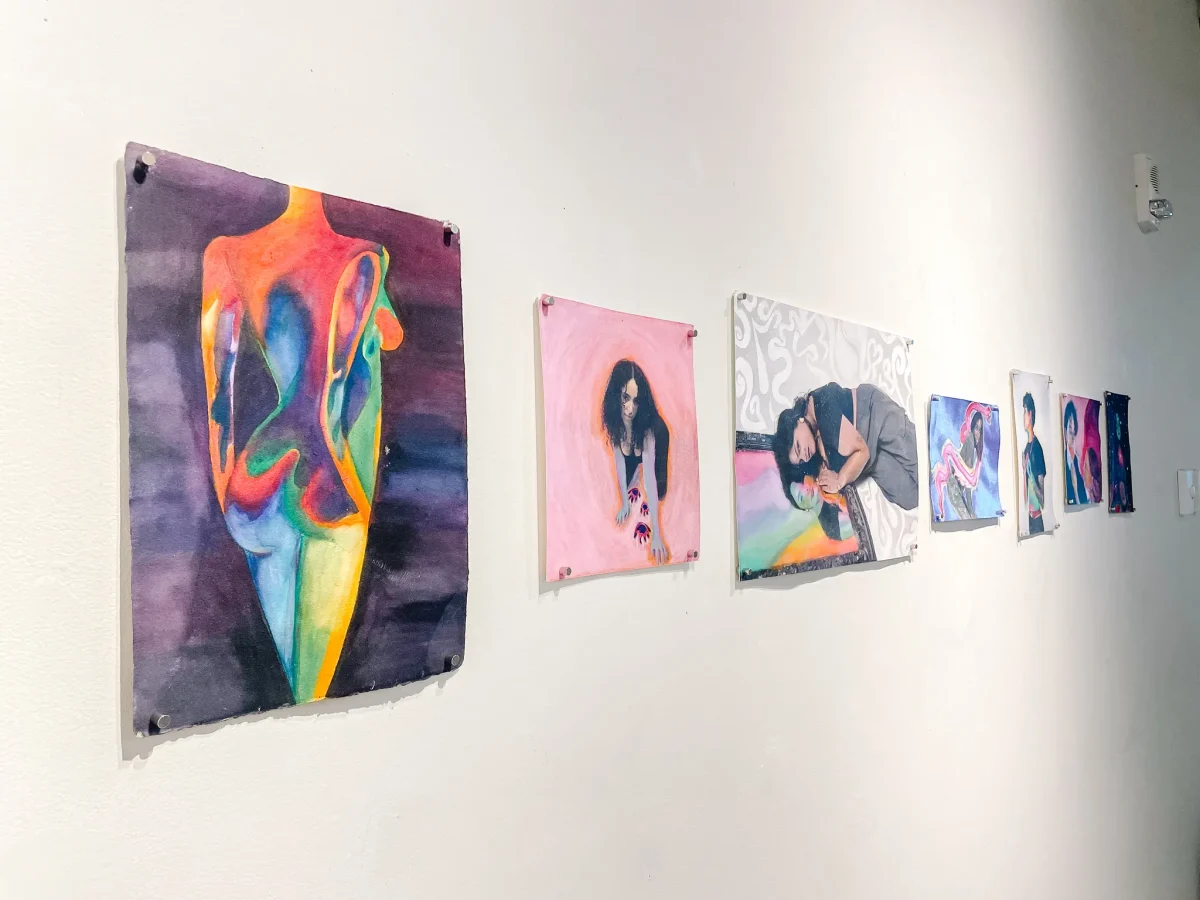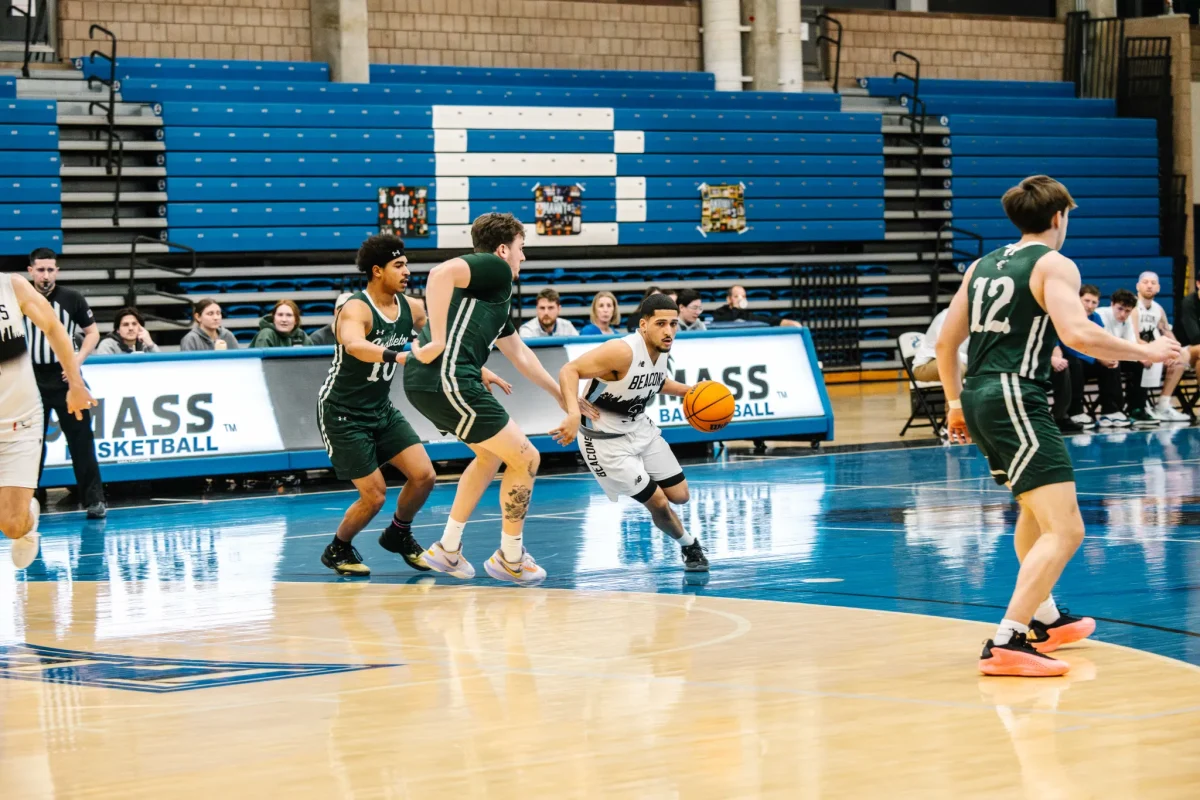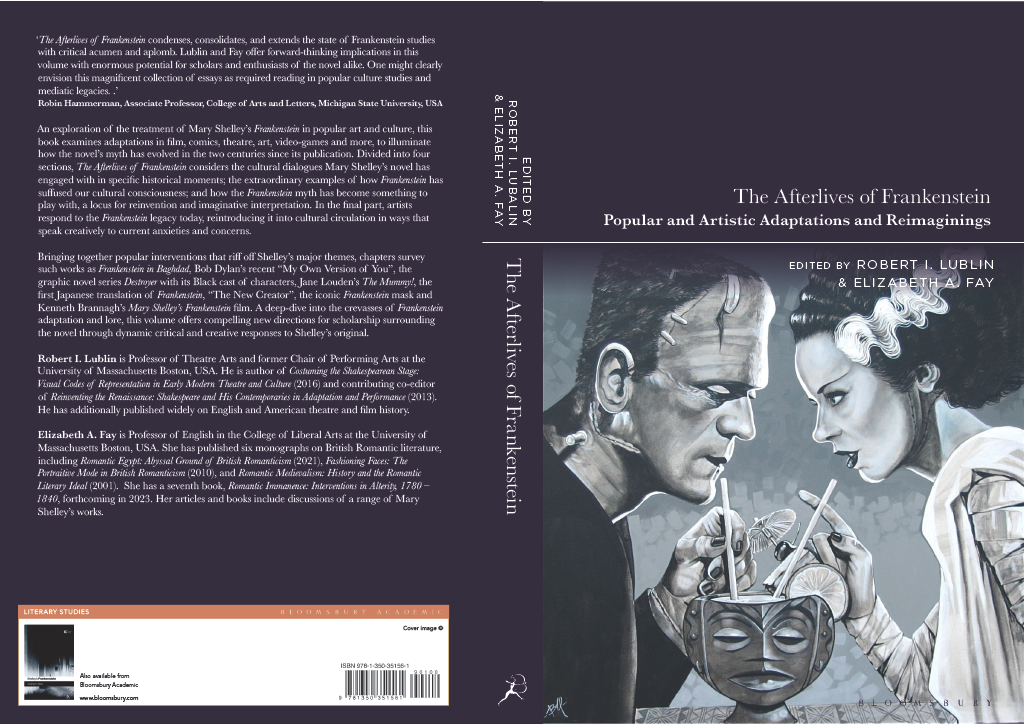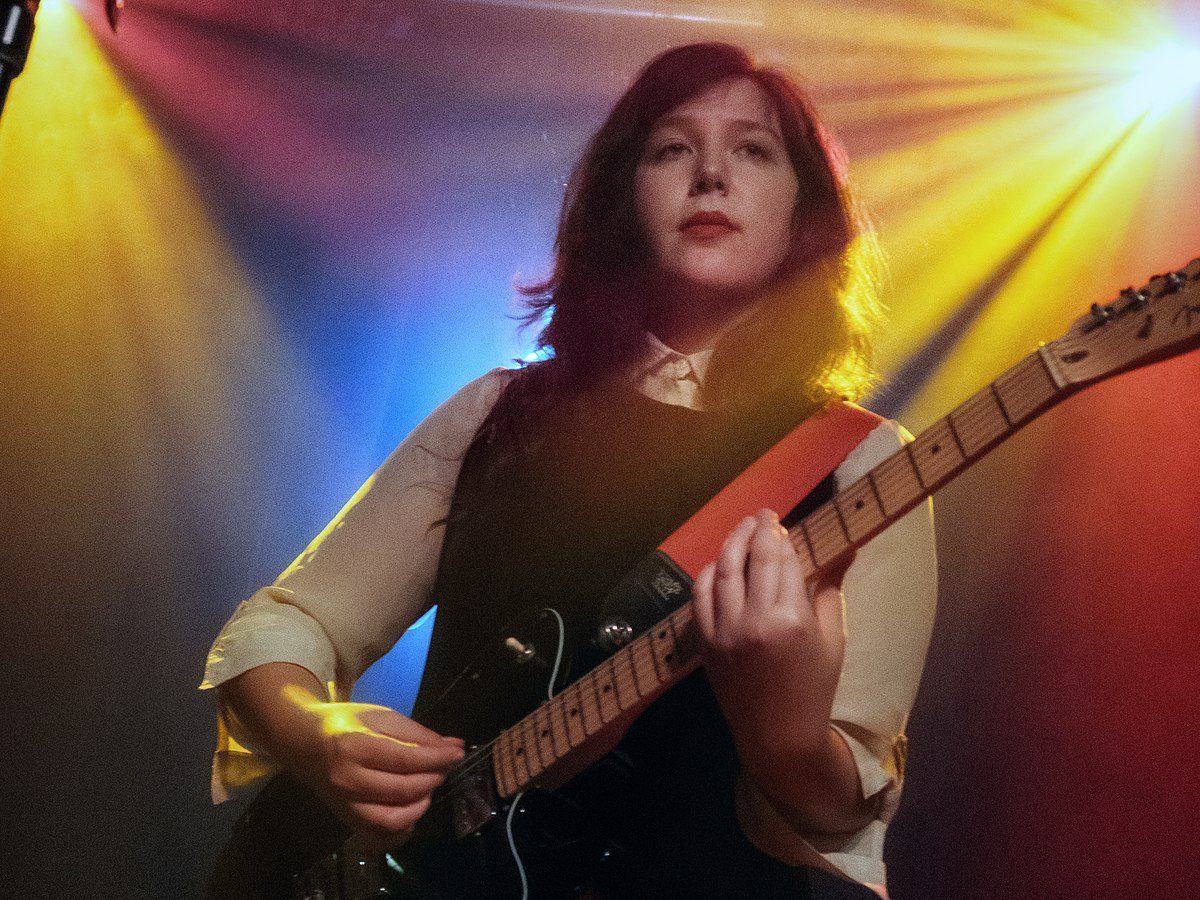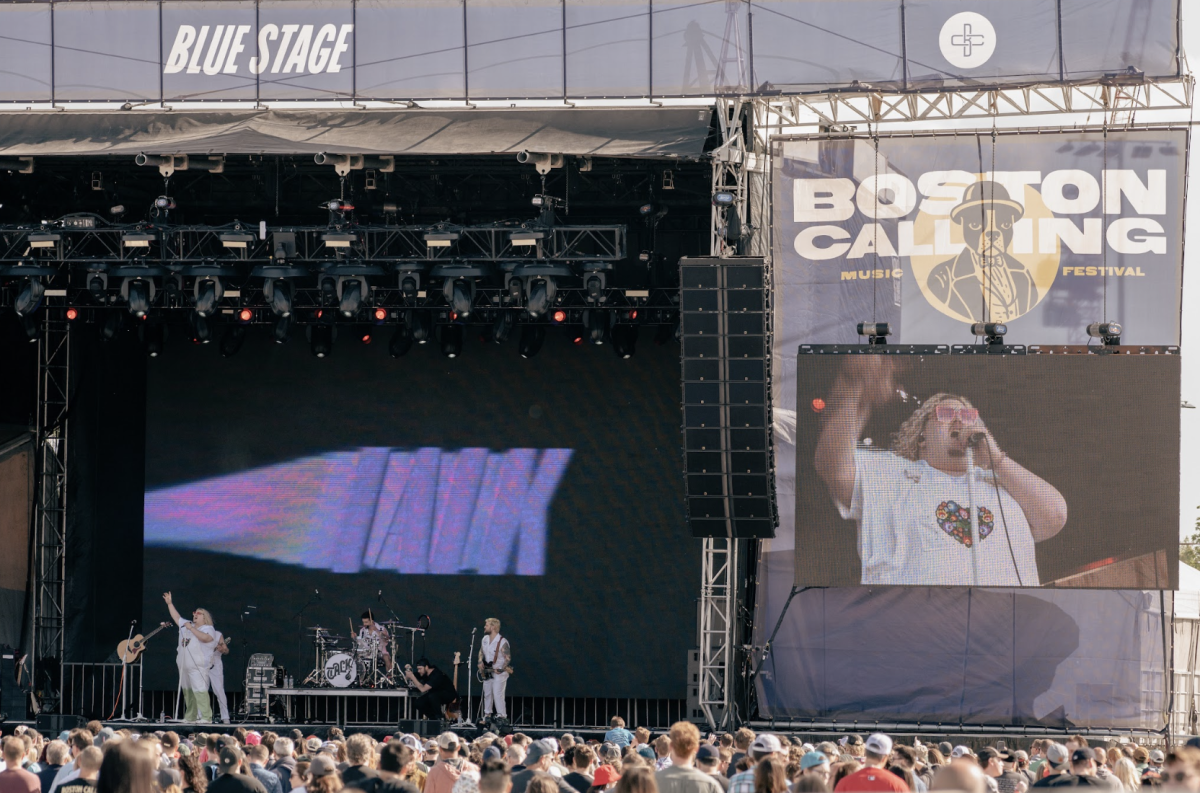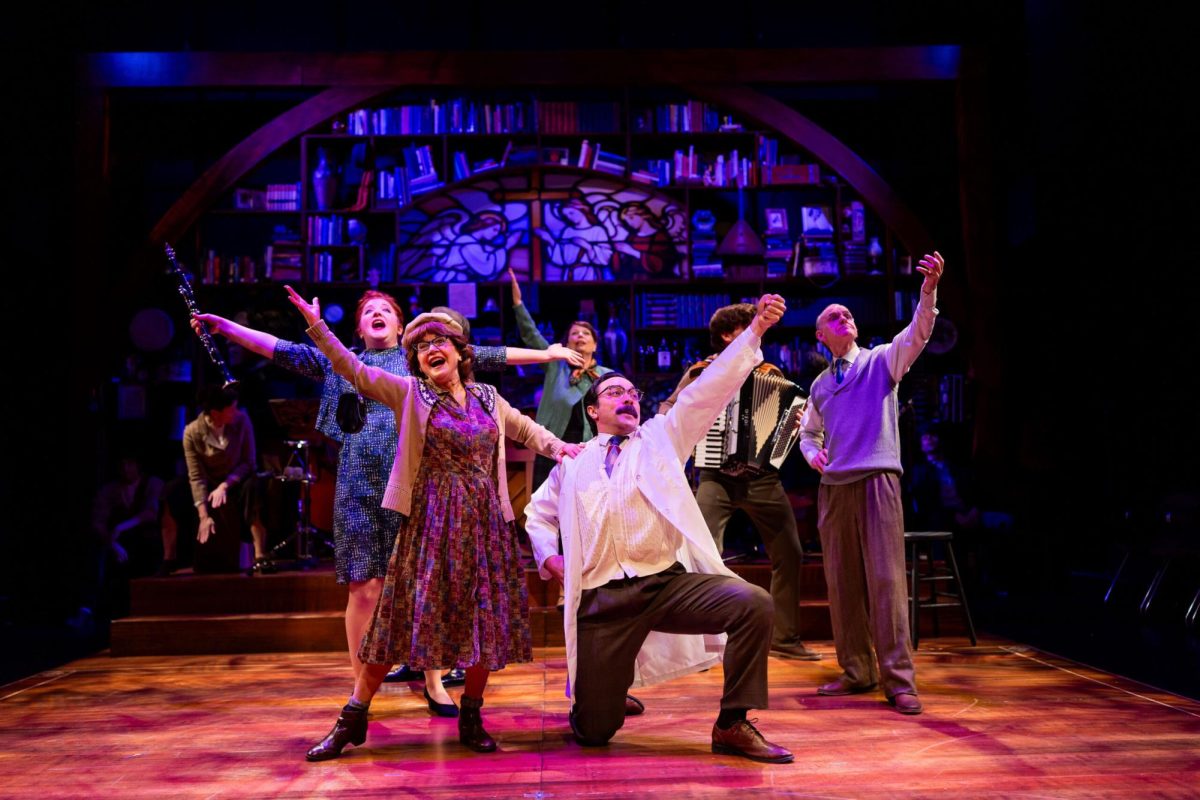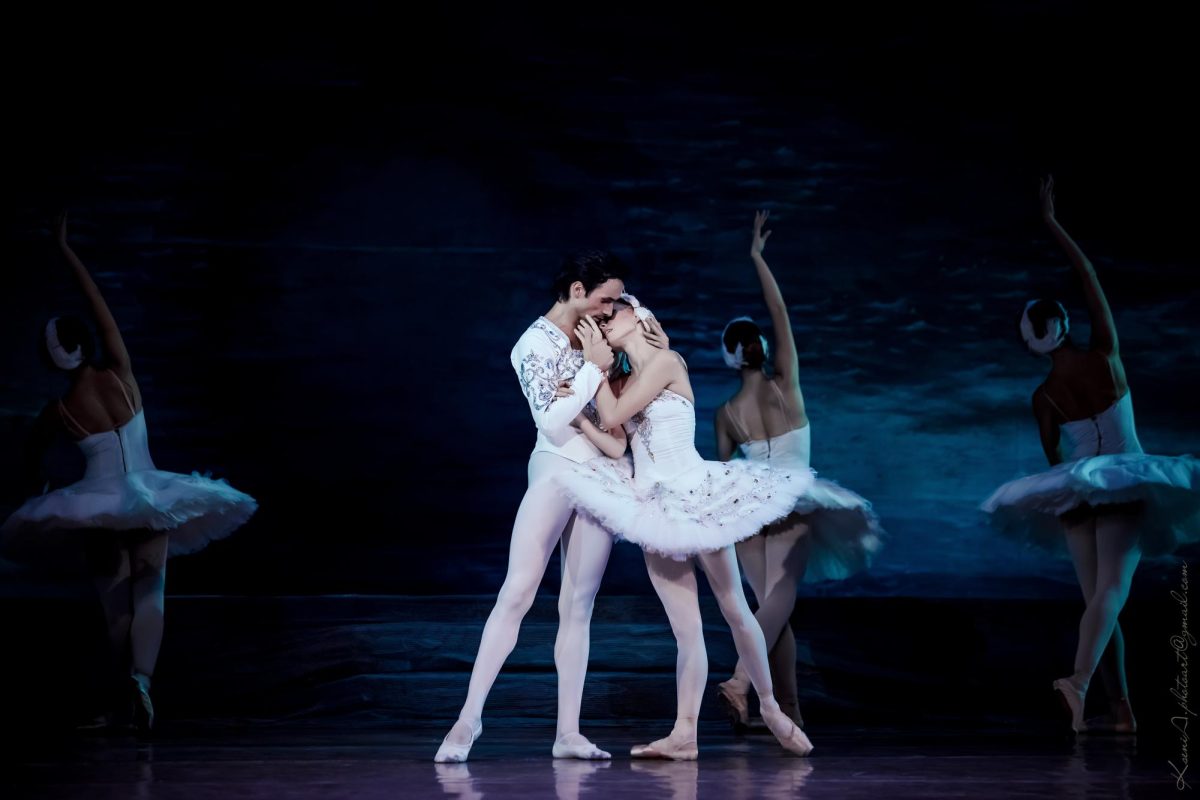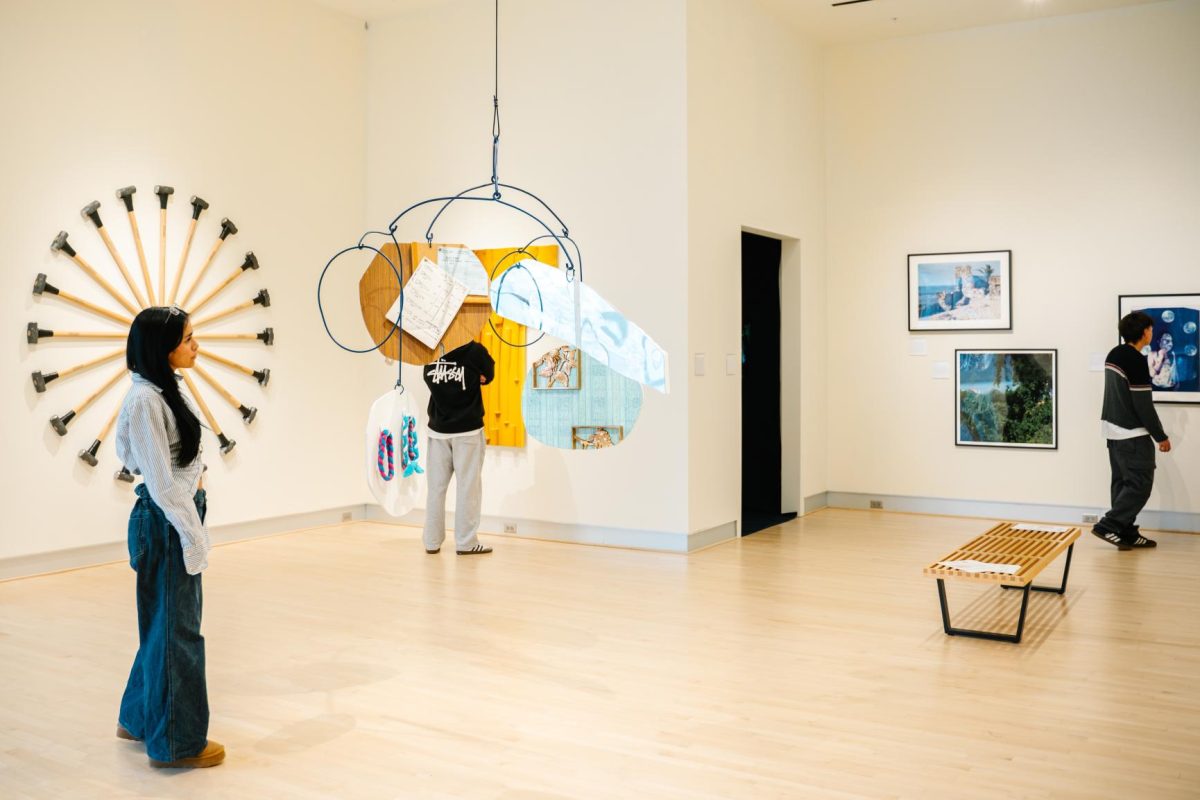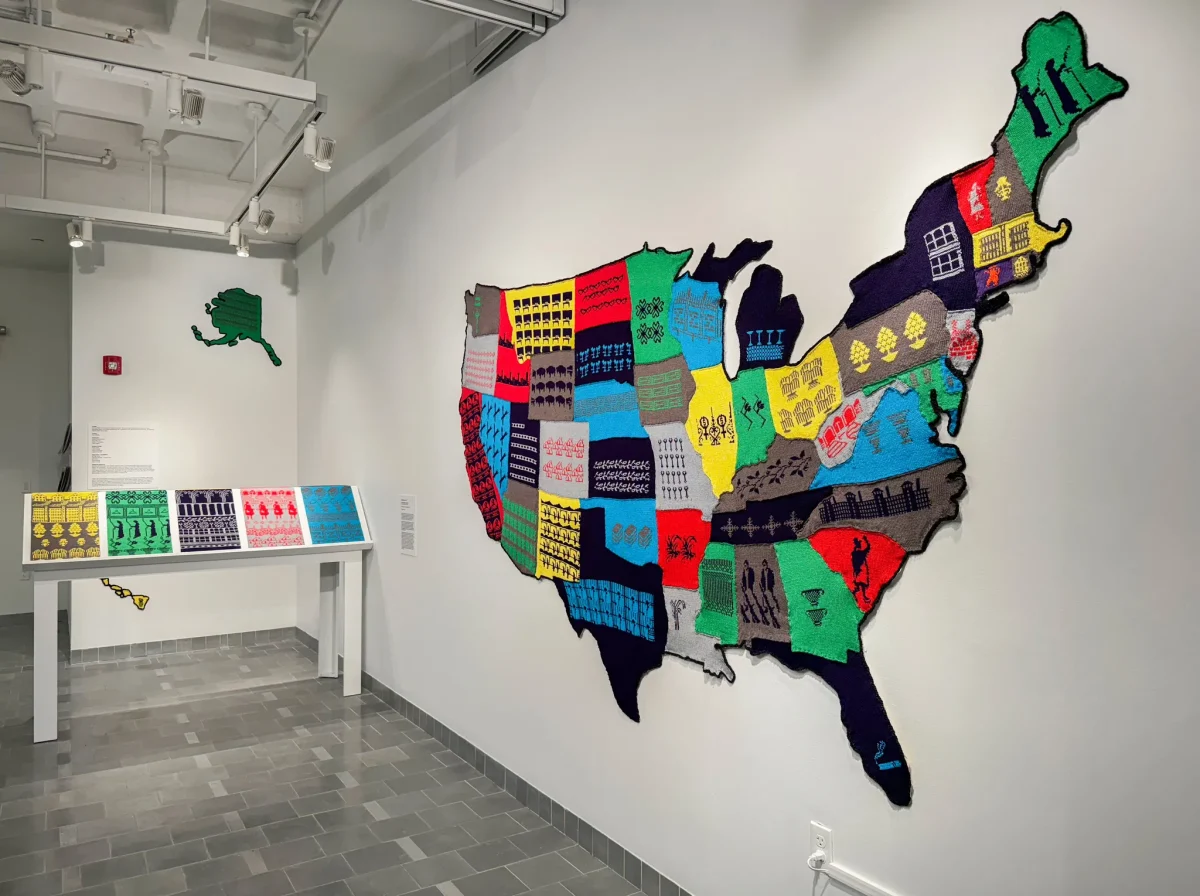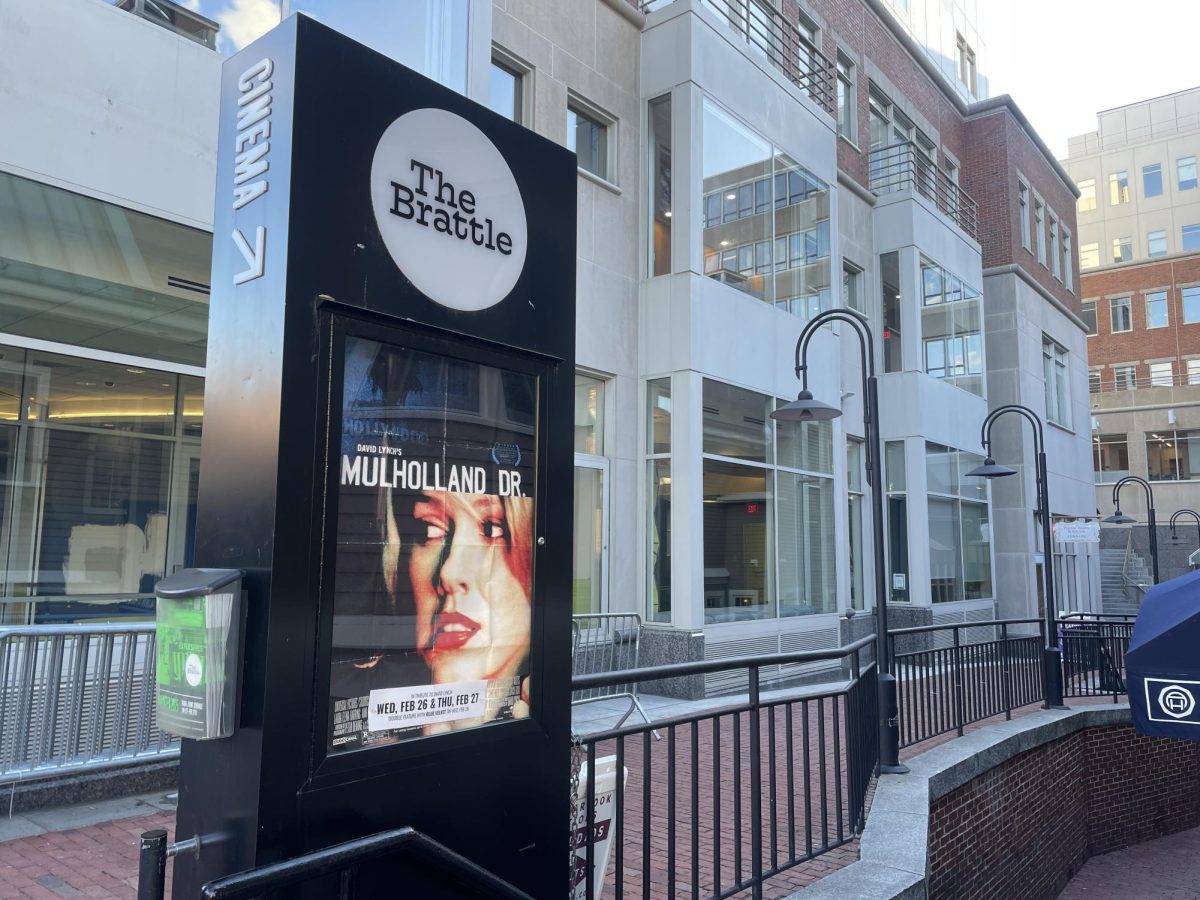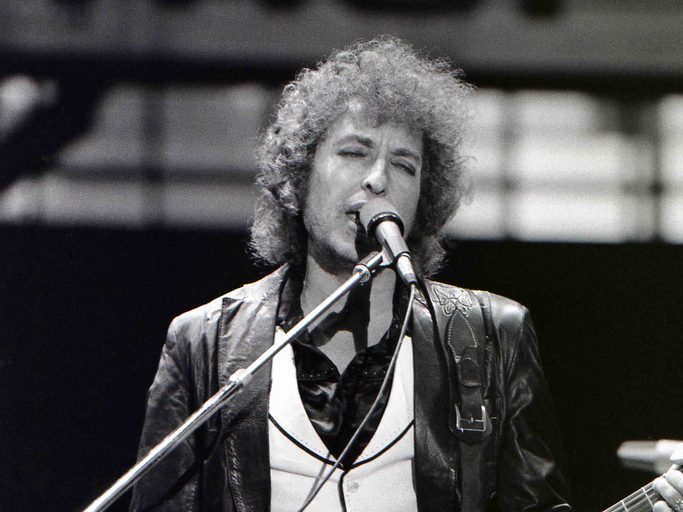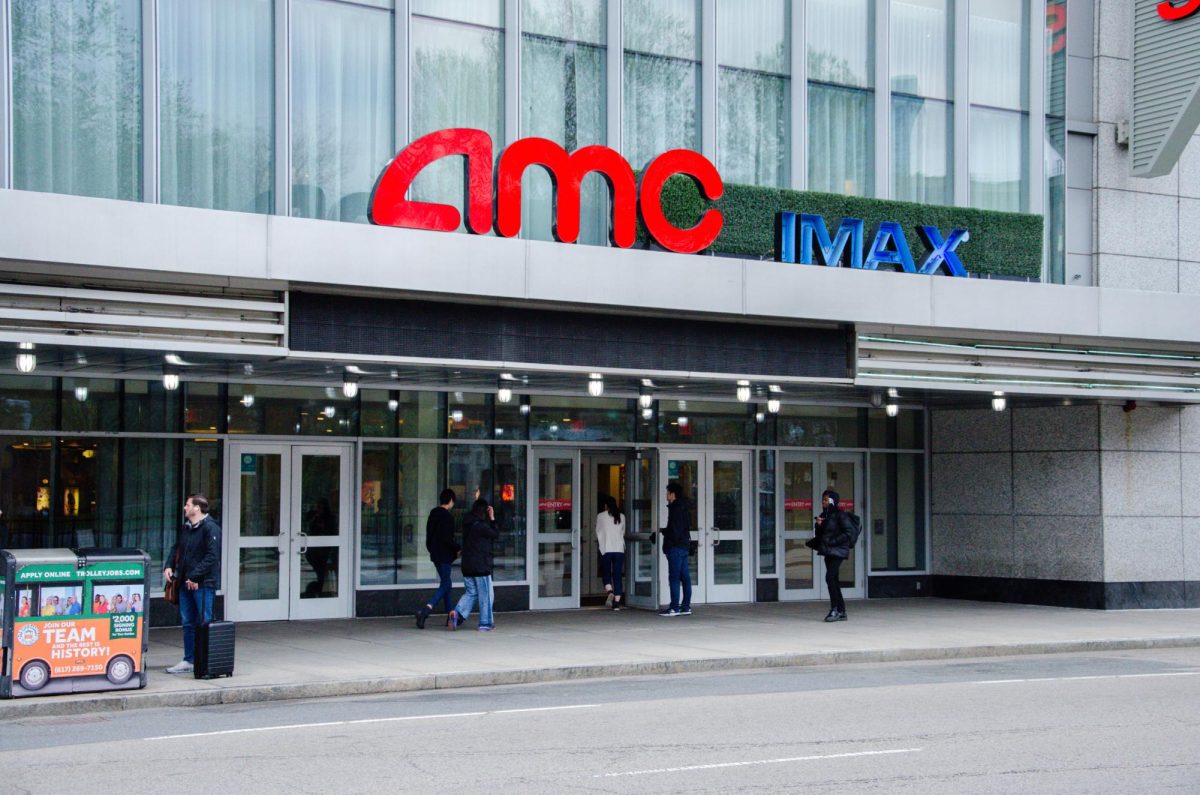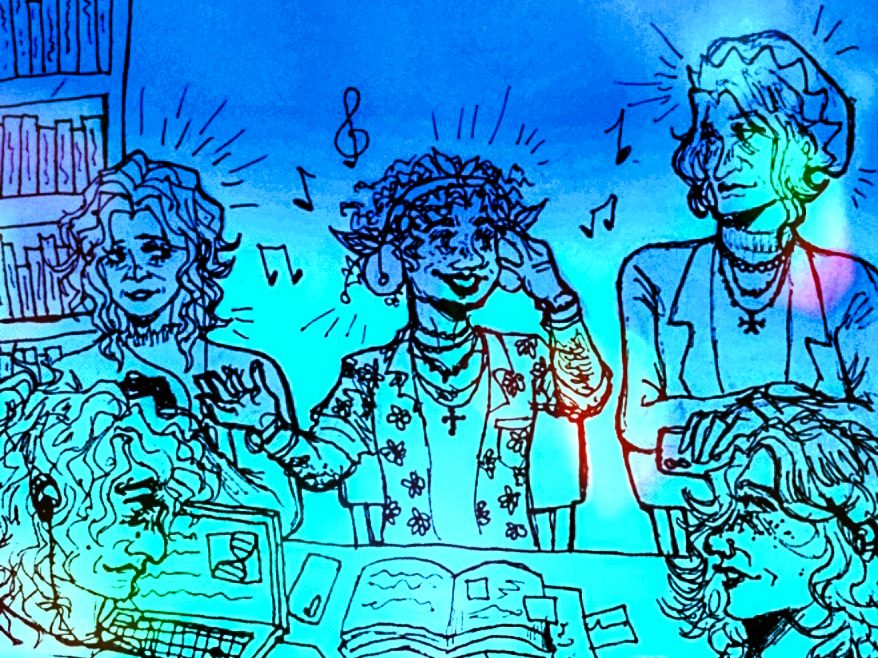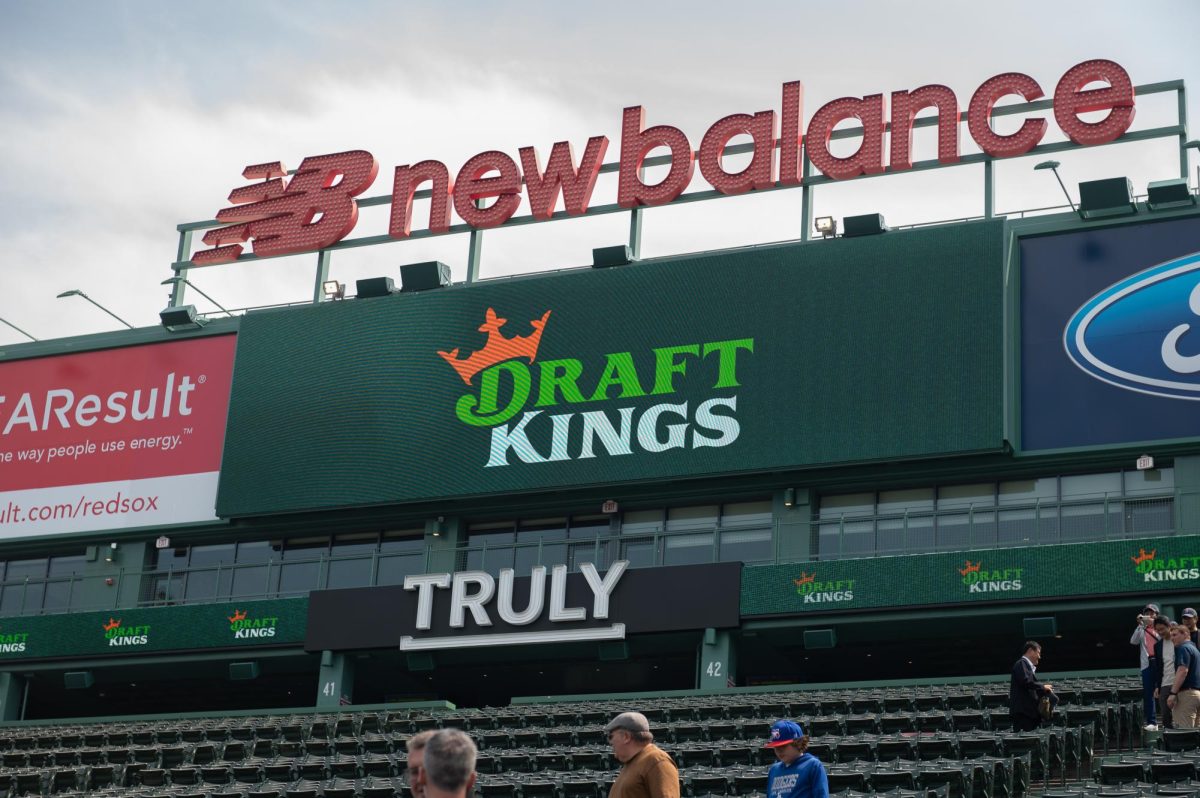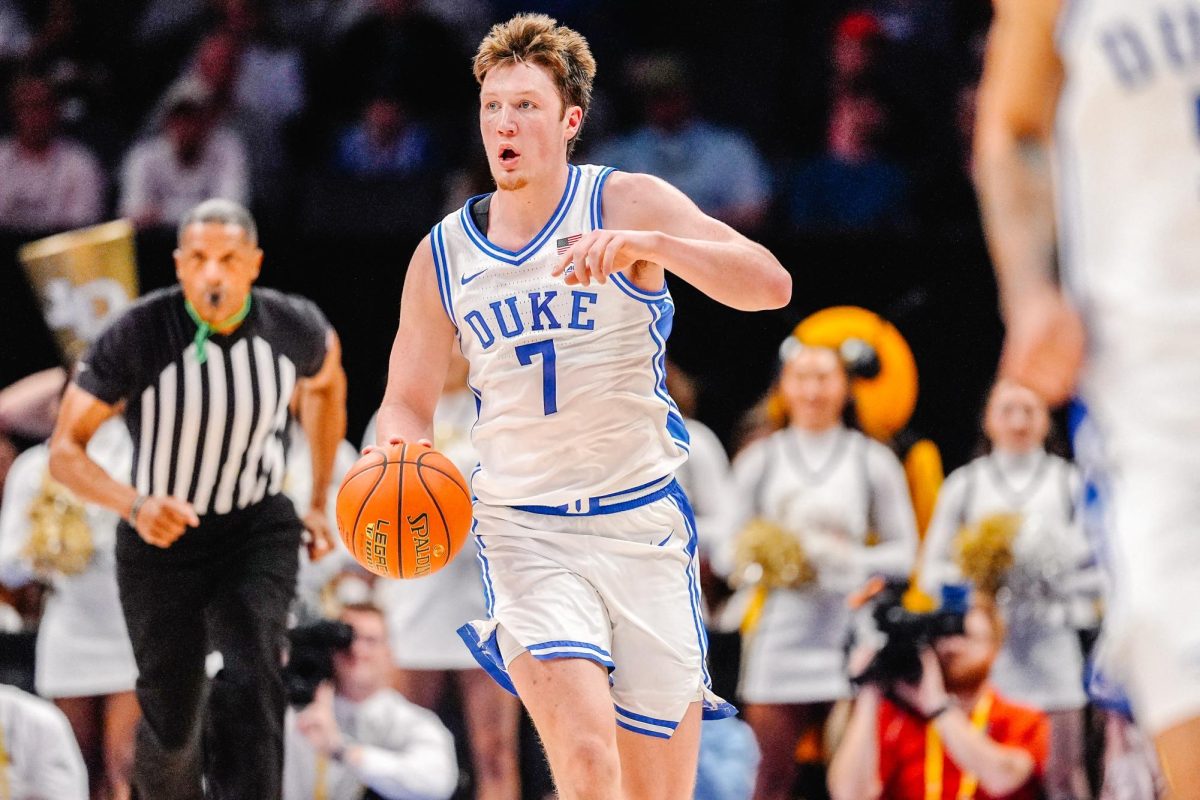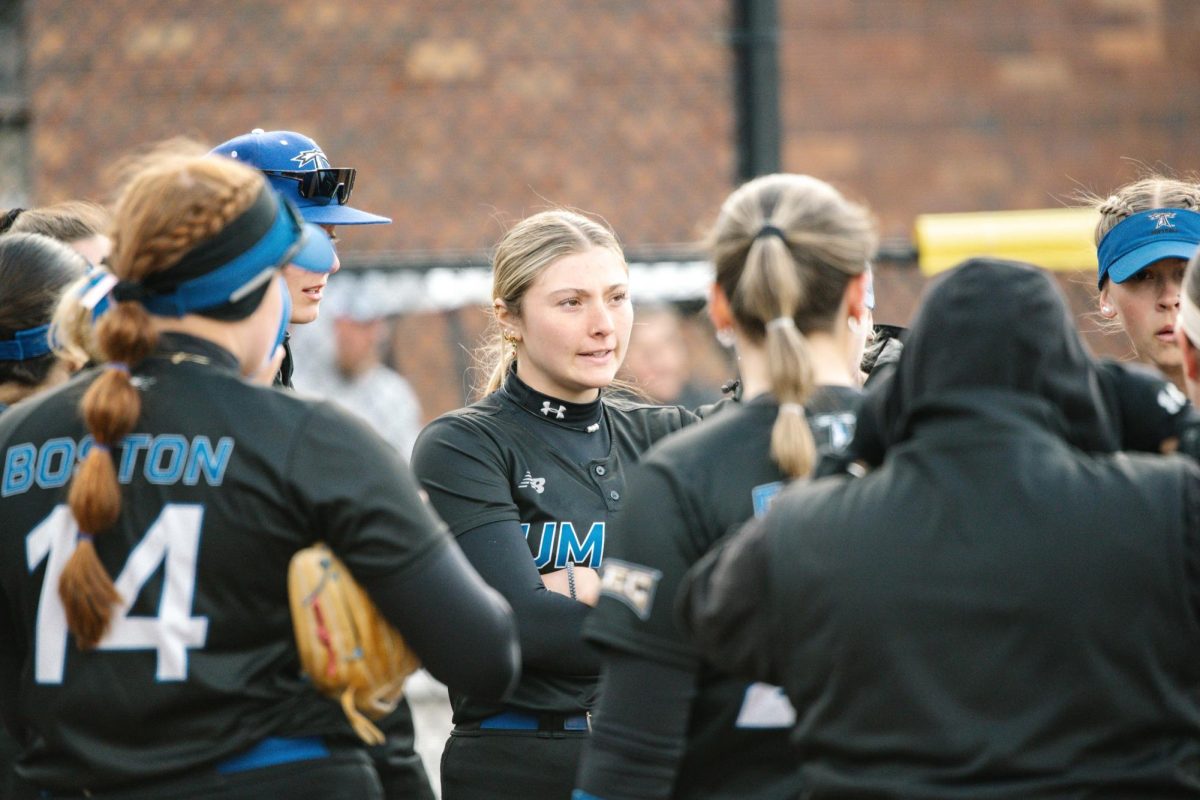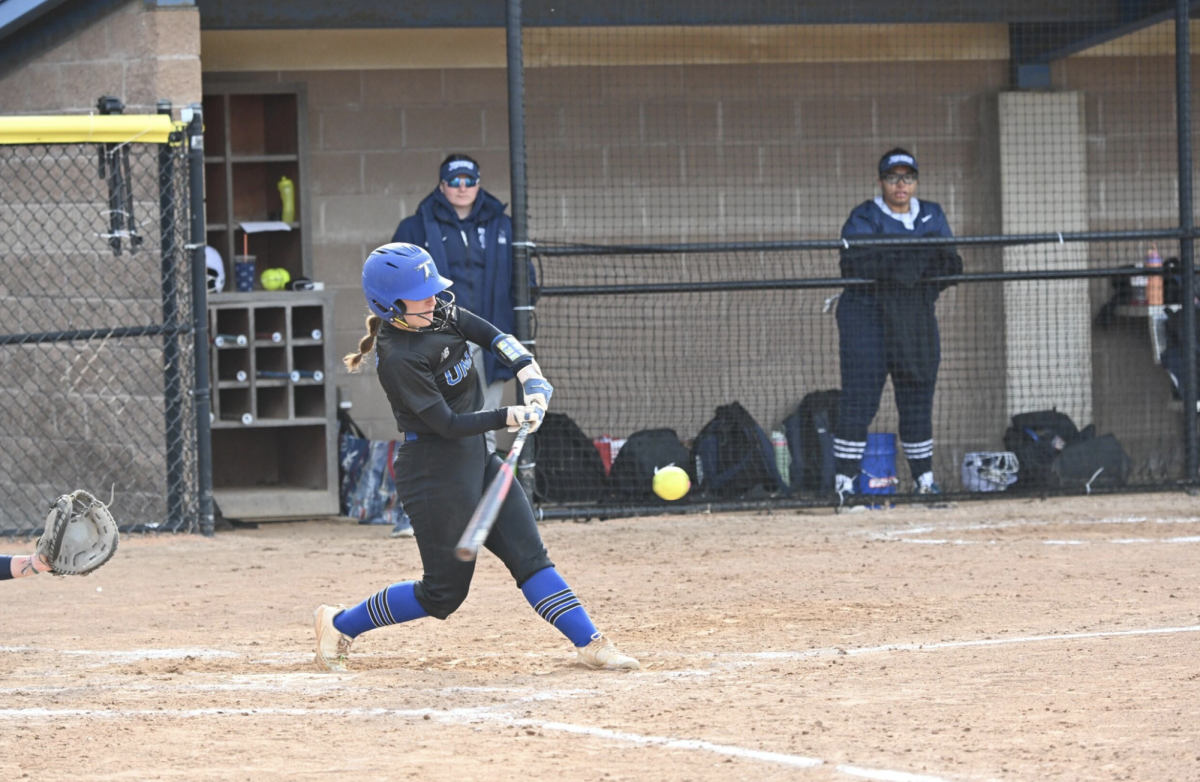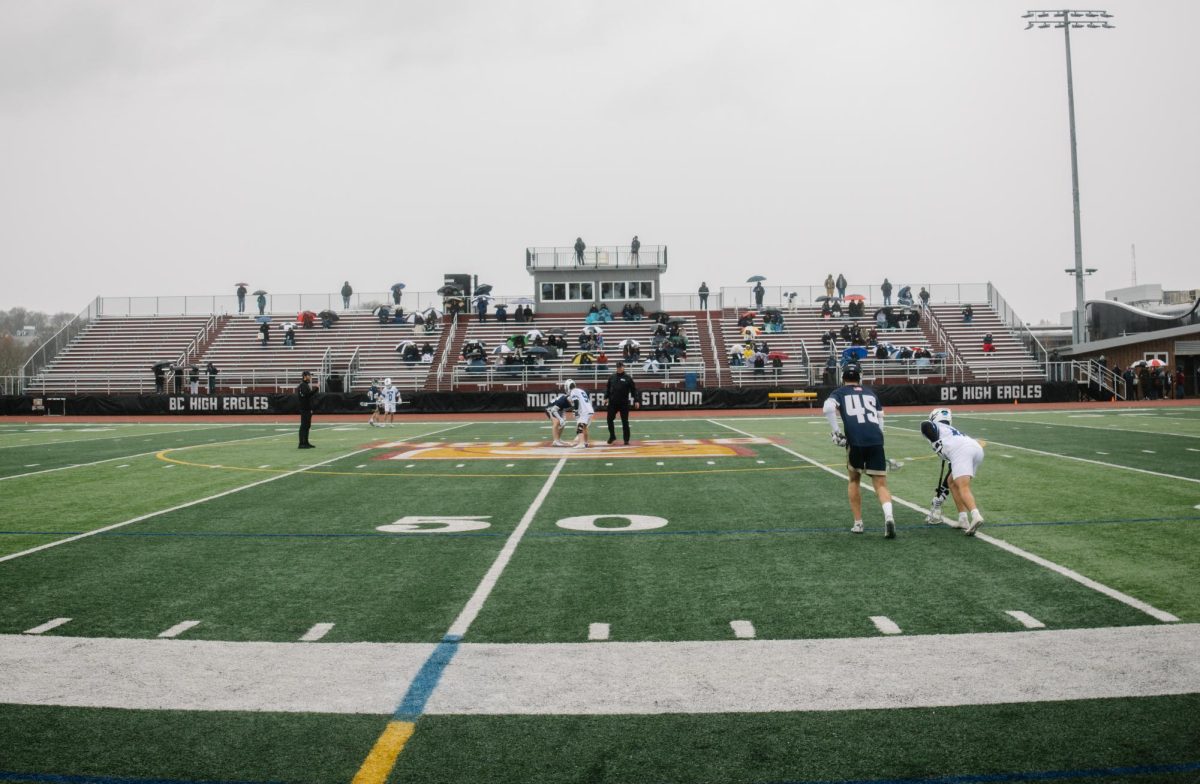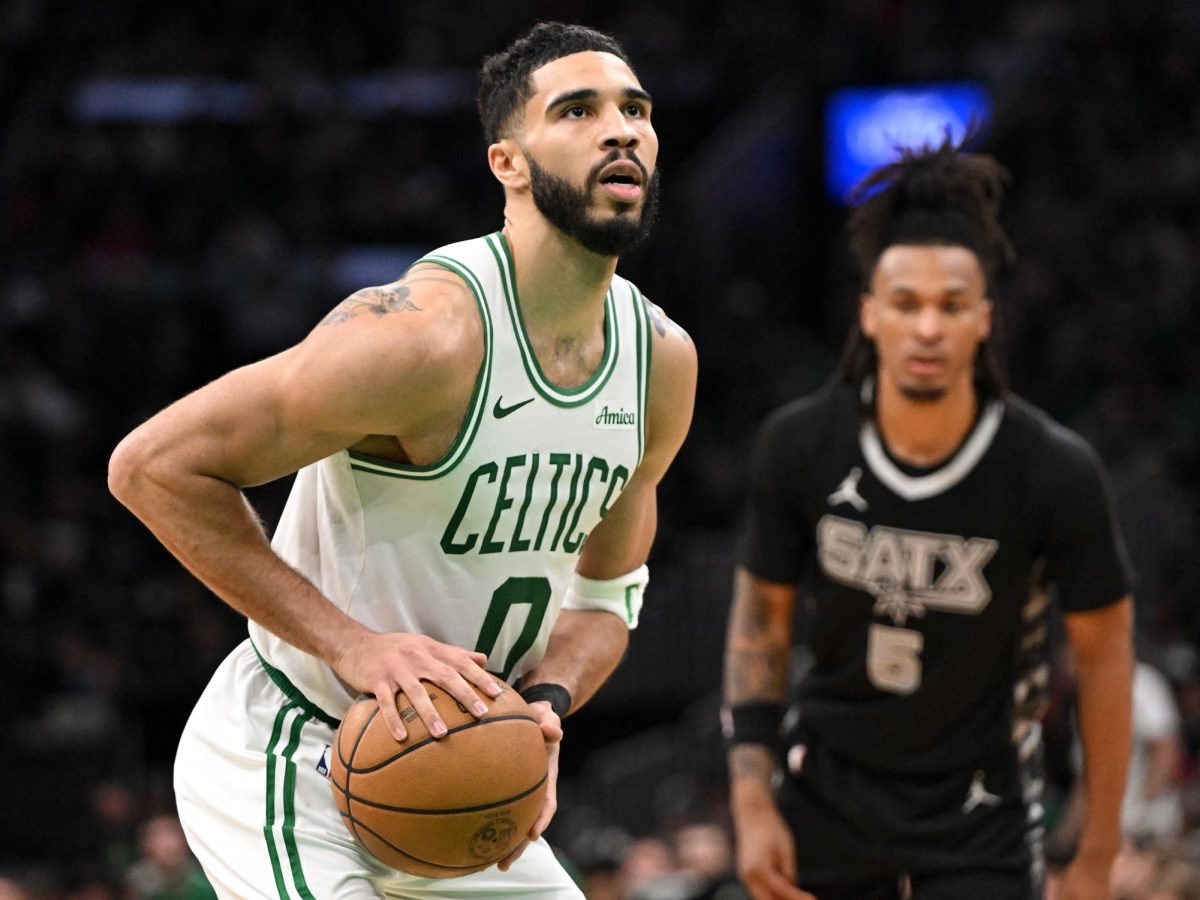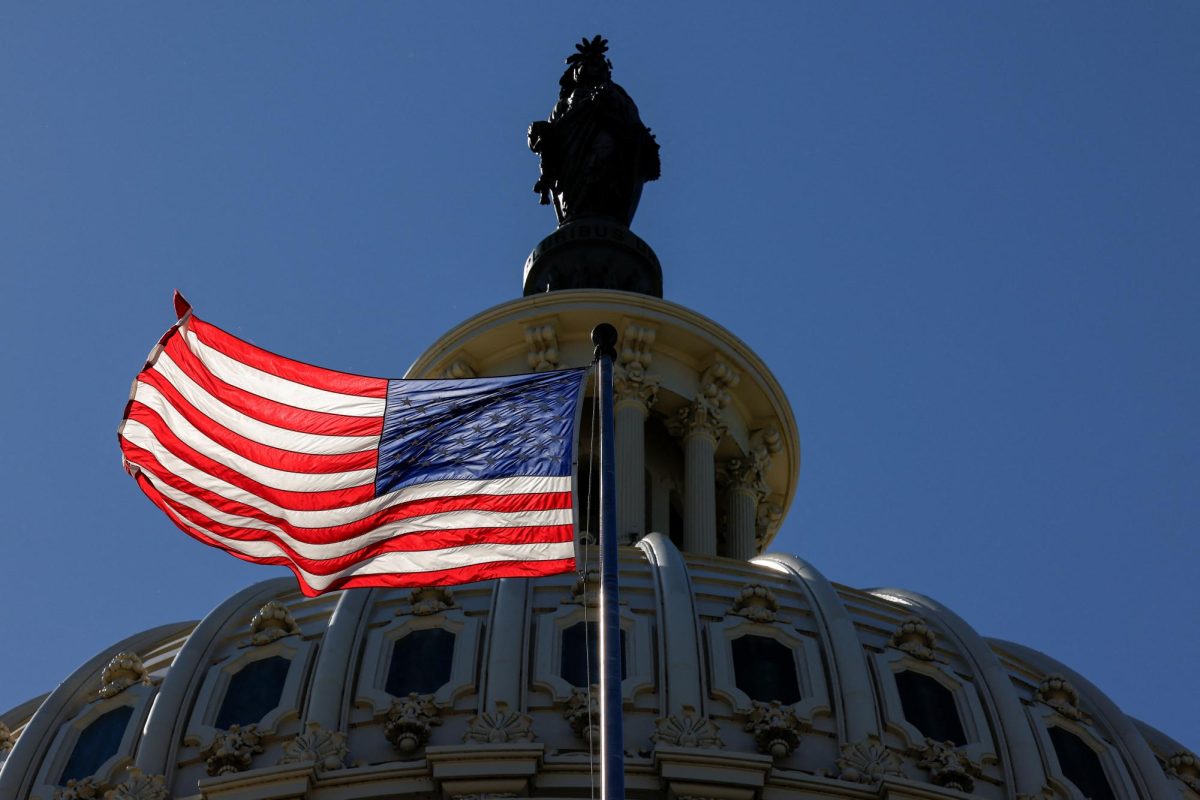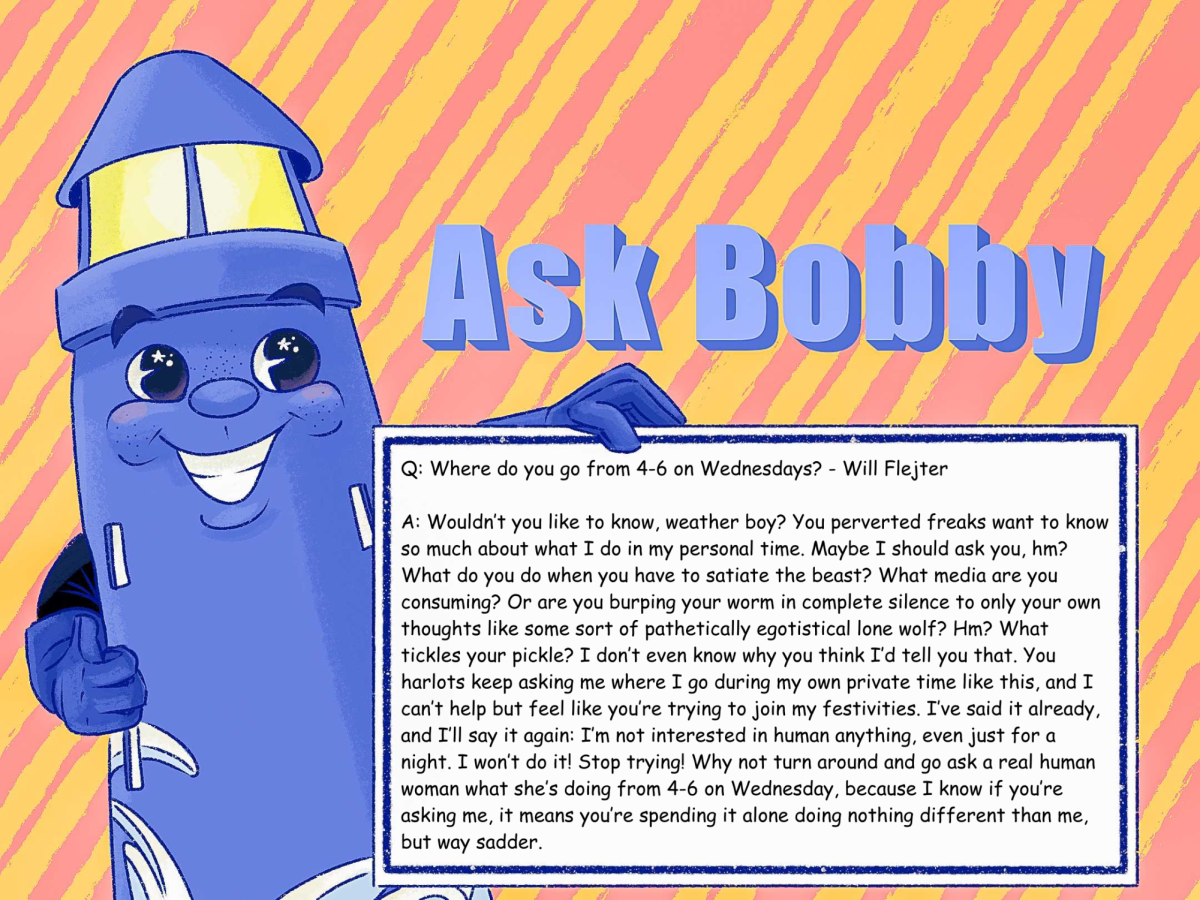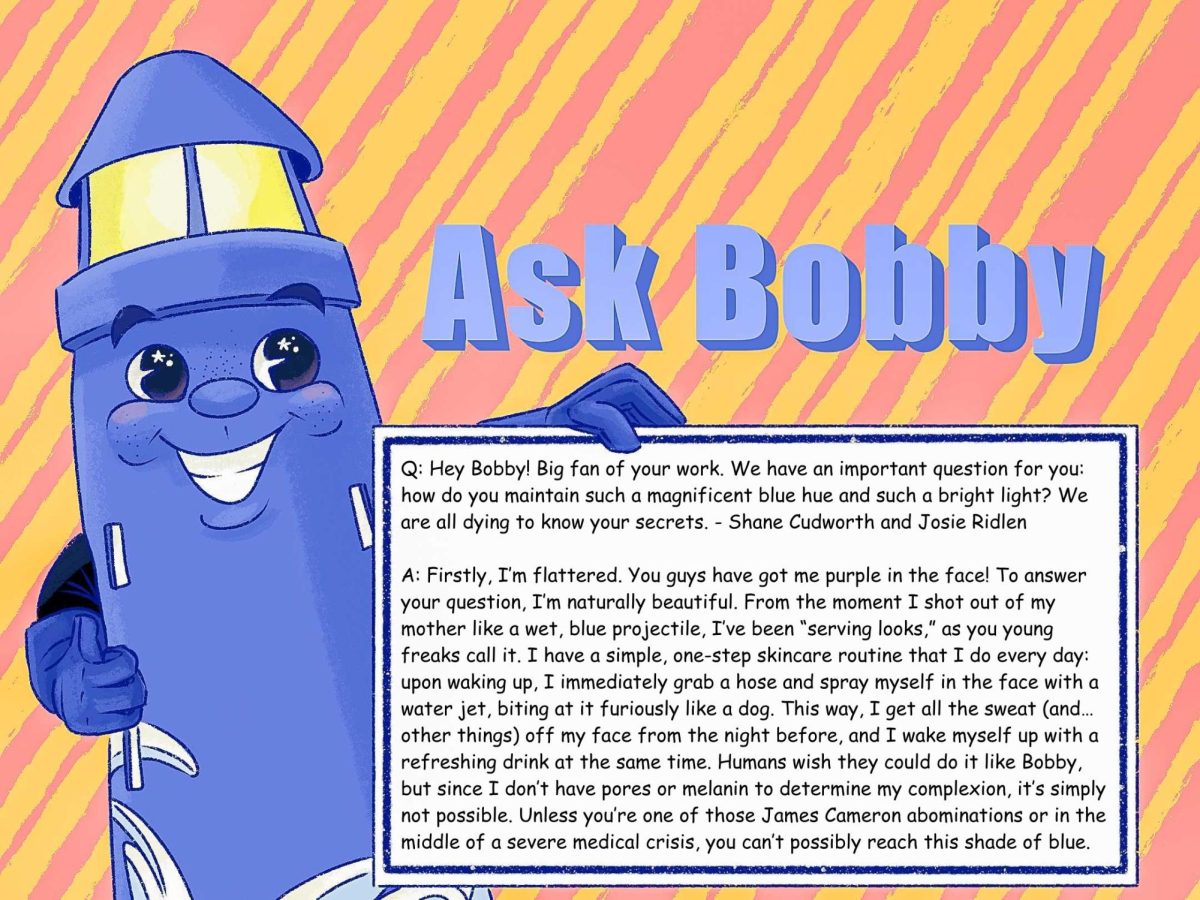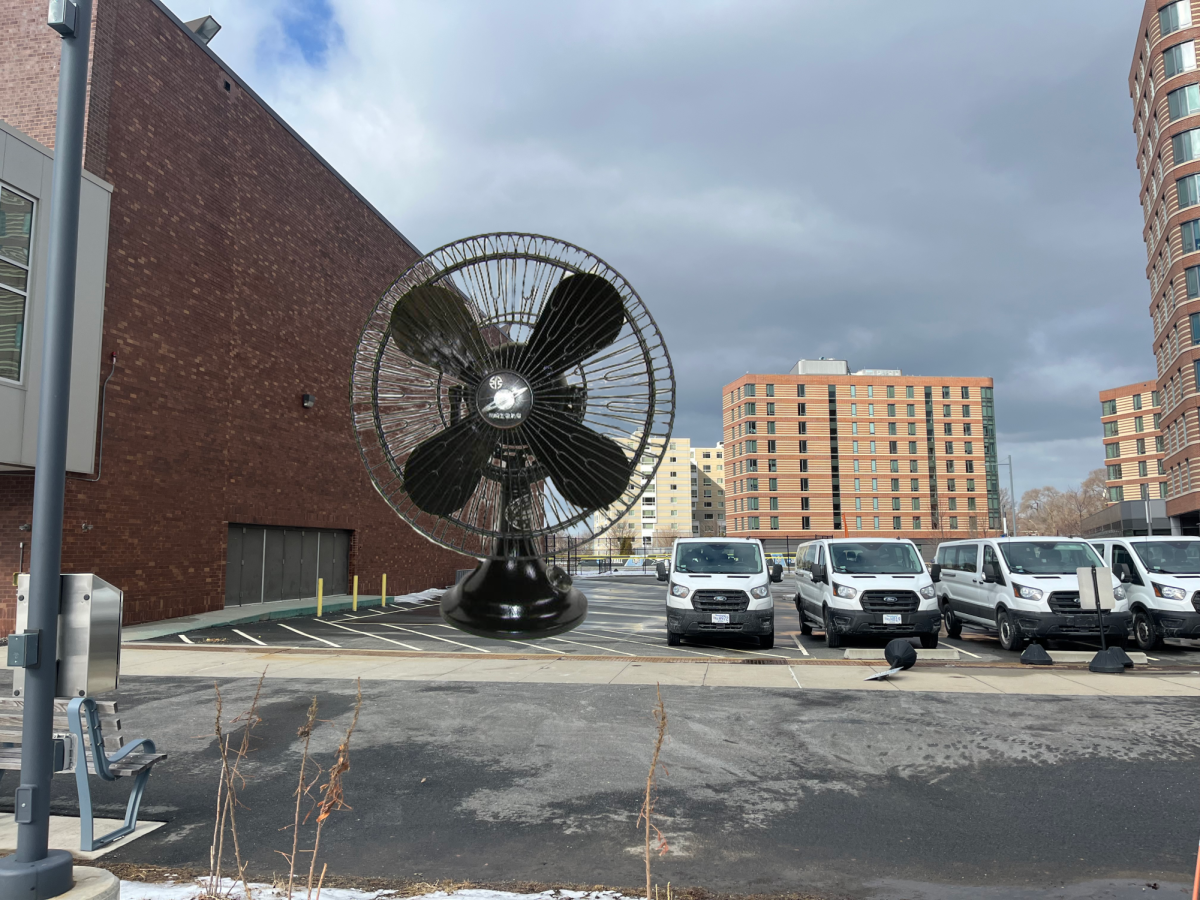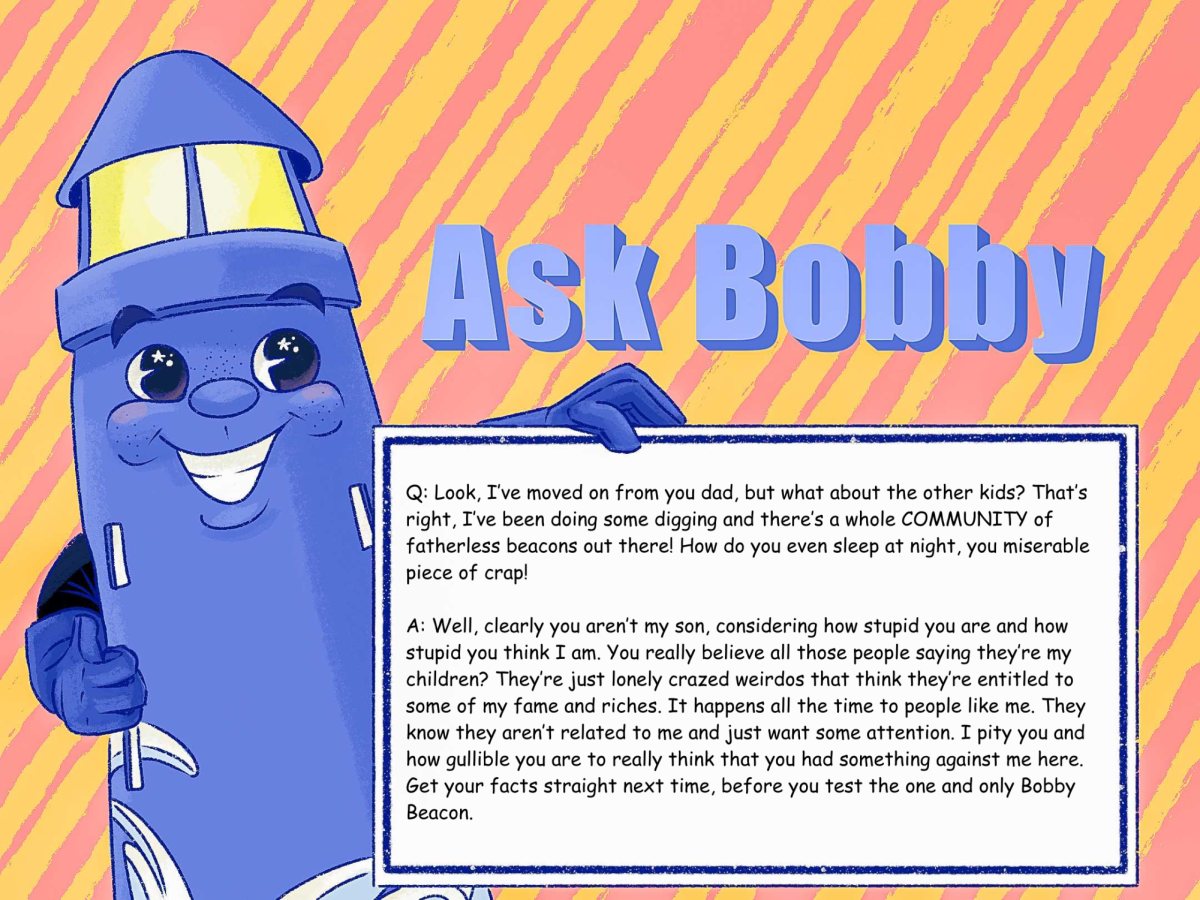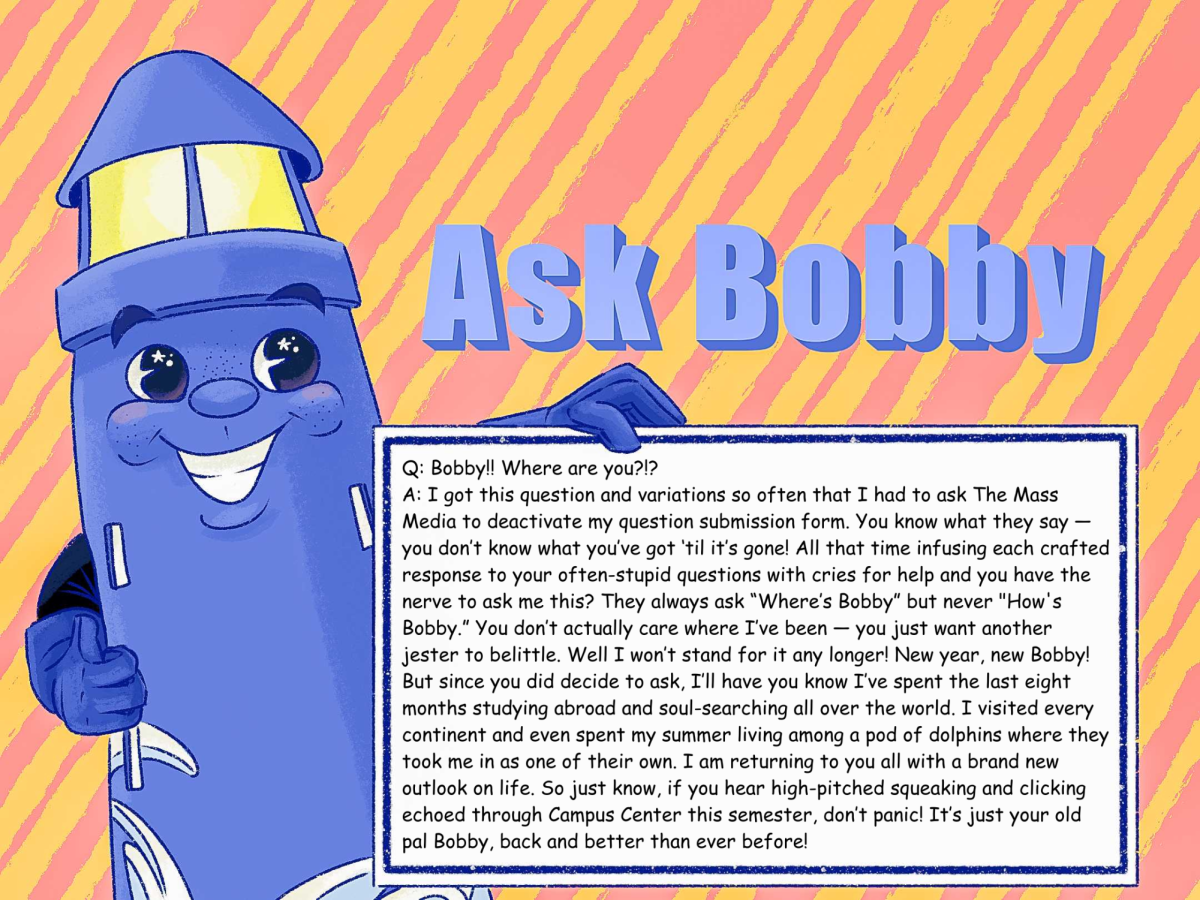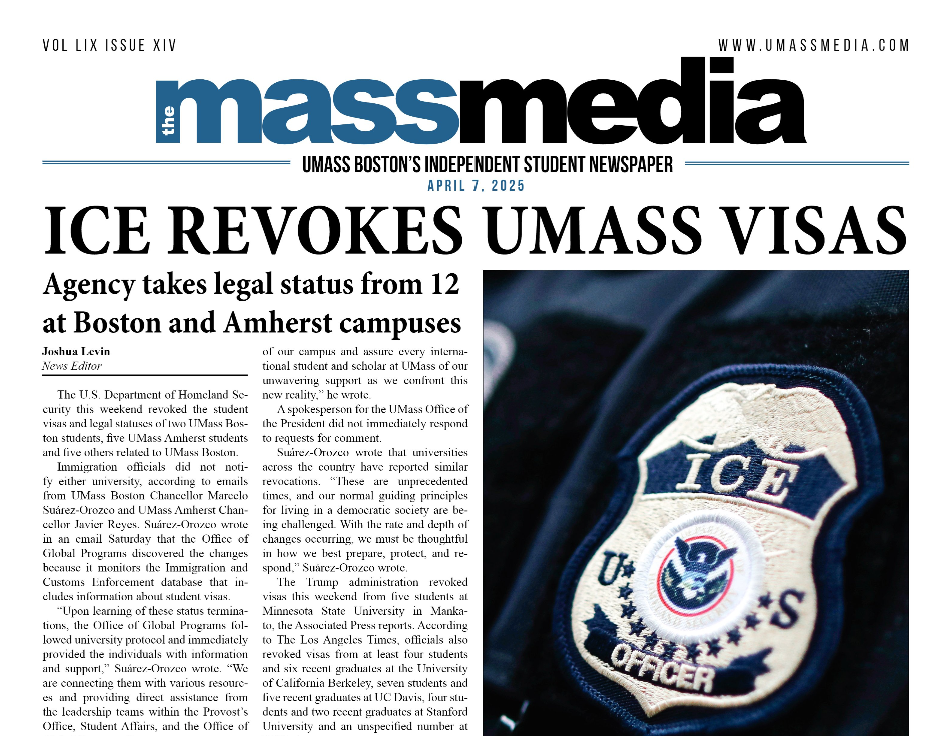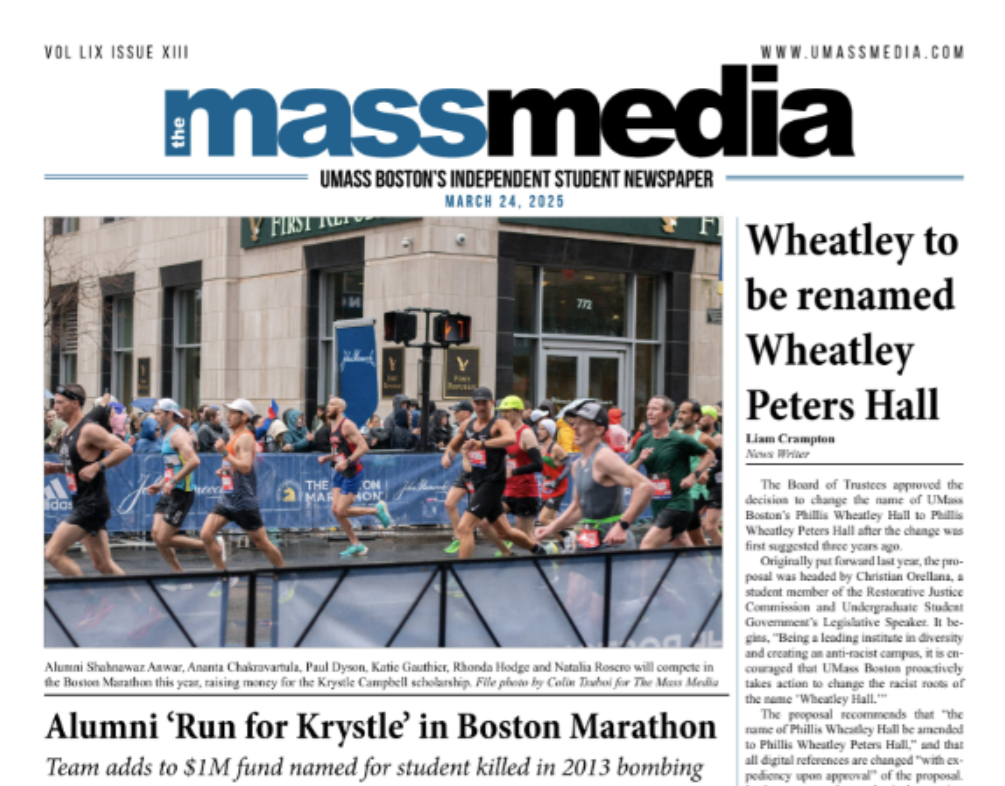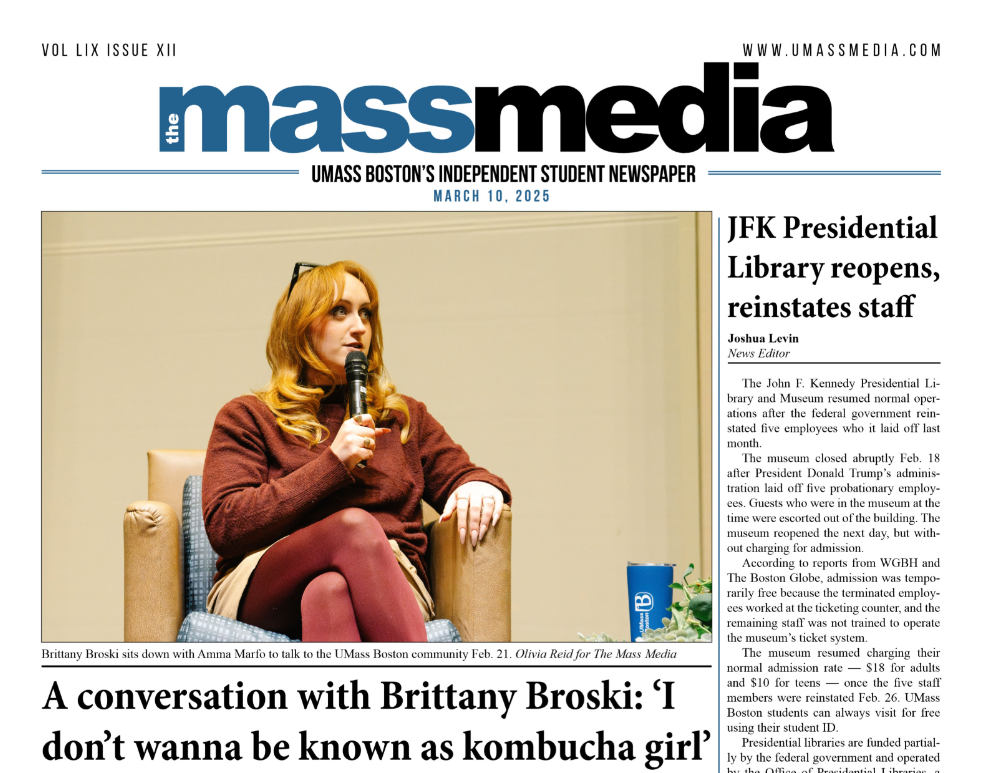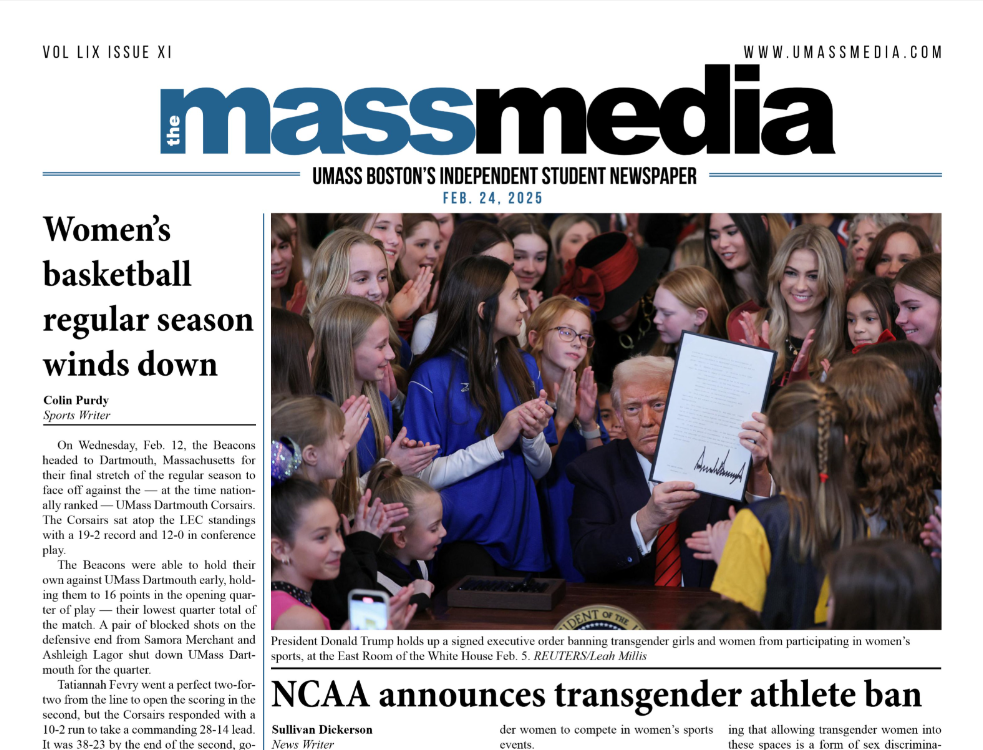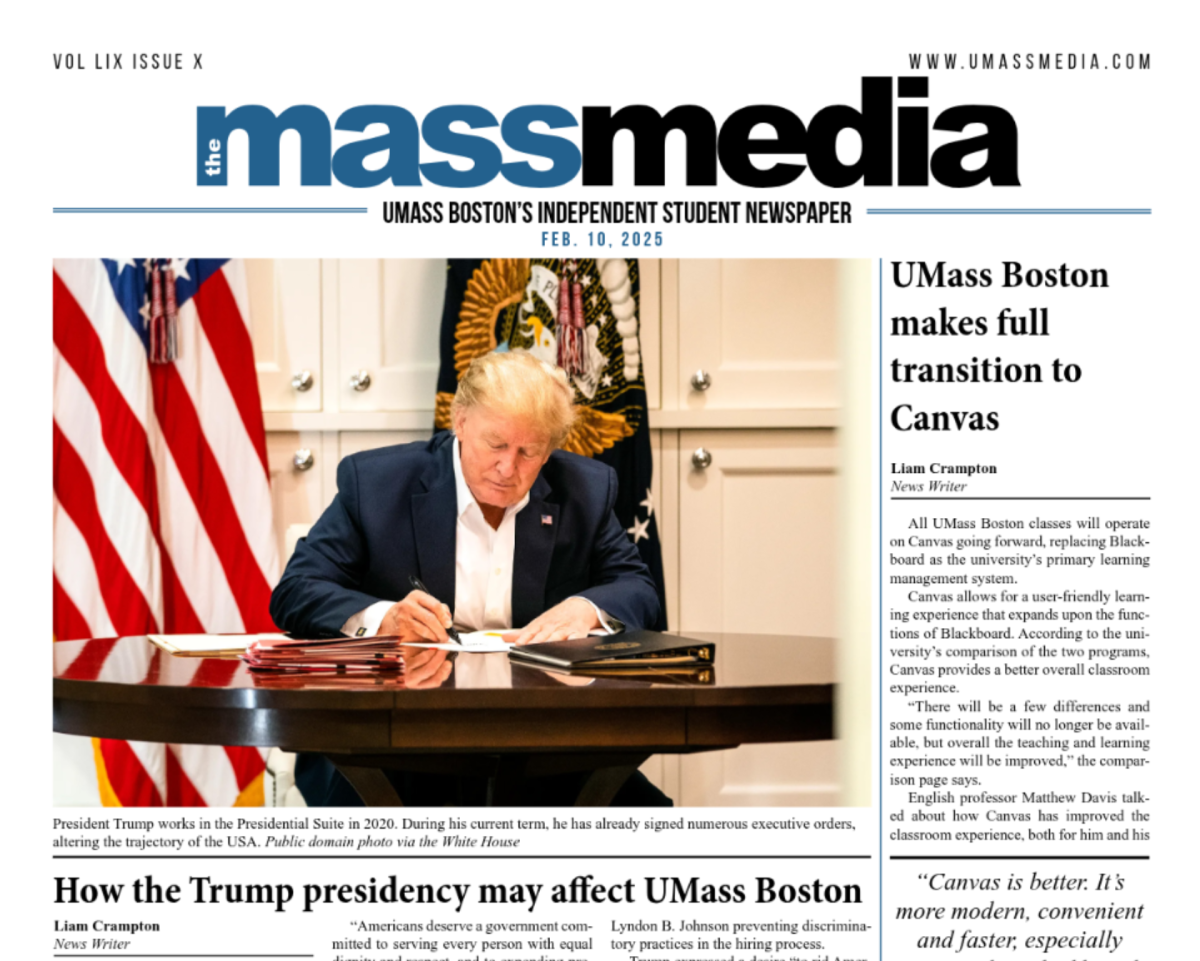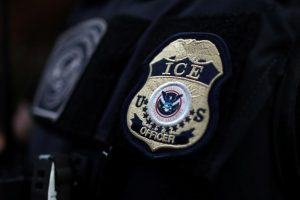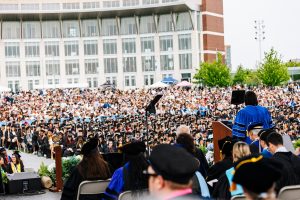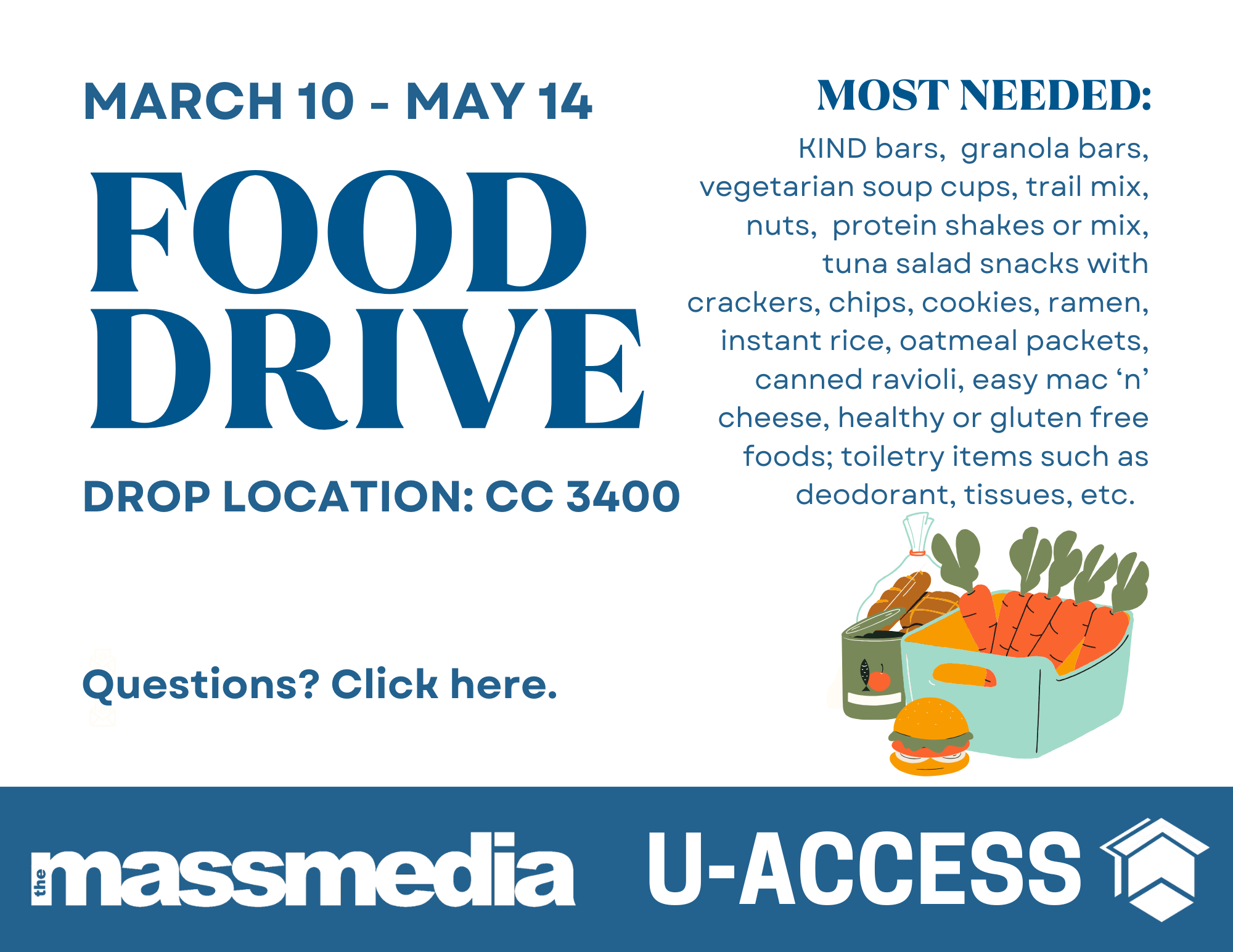Do Not Waste Your Vote
October 8, 2008
“Do not waste your vote. Do not throw it away. Voting is a privilege we should not take for granted,” said Mike Fitzpatrick, a UMB MASS PIRG intern about MASS PIRG’s Voting Project. Fitzpatrick is also an Army veteran and the President of campus fraternity A Iota Phi Theta.
The Massachusetts Student Public Interest Research Group, MASS PIRG, is taking on the New Voters Project, or NVP. MASS PIRG plans to register 2,000 students to vote by the national voters day on October 15. In preparation, on Wednesday, October 5, MASS PIRG representatives will set up eight tables for eight hours to meet their goal of registering 300 students.
“The Voter’s Project plan is ambitious. They want to make a difference in a pivotal election for America,” said Fitzpatrick. “We are going to make history with either an African American president or female vice-president. I had to be a part of it.”
The MASS PIRG mission statement reads: “MASS PIRG is an advocate for the public interest. When consumers are cheated or the voices of ordinary citizens are drowned out by special interest lobbyists, MASS PIRG speaks up and takes action. We uncover threats to public health and well-being and fight to end them, using the time-tested tools of investigative research, media exposes, grassroots organizing, advocacy and litigation. MASS PIRG’s mission is to deliver persistent, result-oriented public interest activism that protects consumers, encourages a fair, sustainable economy, and fosters responsive, democratic government. […] The project’s only goal is to register as many young people as possible.”
“Voting registration is a key interest and it is important to make an impact on young people to vote,” said Philosophy major Chris Pond, who has volunteered with MASS PIRG for many semesters and several campaigns. “It disproportionately affects students, especially when it comes to issues like Financial Aid.”
After the voter registration drive October 5, MASS PIRG will host a mock debate where students representing Obama and McCain will debate ten major issues. The idea is to educate students on where the candidates stand on the issues, so they will be more informed voters.
“It’s important we stay objective. We are encouraging democracy. It is your duty to vote and everyone brings their own slice to the table. An Economics major may have a different take than a Nursing or Political Science student,” said Fitzpatrick.
MASS PIRG also plans to call voters and remind them when and where they need to vote. They plan to have students who go to the same polling area to gather together beforehand and go as a team to the polls.
“It [voter turnout] is much lower for people under the age 30,” said Pond. “Young people complain about their government, but they don’t vote. They do have a voice.”
Some of the groups volunteering funding or manpower to the NVP include the Veterans Center, the Queer Student Center, Iota Phi Theta, the Human Rights Club, the Student Solidarity Group, and the Student Leadership and Outreach group.
MASS PIRG interns, volunteers and staff, are handing out flyers, talking to 60-80 classes at UMB, and tabling to get the word out. Despite their enormous effort to raise voter awareness among a crucial demographic, Pond said that MASS PIRG follows objective principles in their campaign, and is not telling students how they should vote; rather, that they should.
“There is a fever on campus. More young people are getting involved. This Voting Project is important. Being in MASS PIRG is a lot of fun. Volunteer. You don’t have to be an intern to get involved with MASS PIRG.”
According to statements made on MASS PIRG’s official website http://www.masspirgstudents.org, the MASS PIRGs’ NVP is the nation’s oldest and largest non-partisan youth voter turnout project. It was founded in 1983 to address declining youth participation in politics. The NVP started a youth organizing model of techniques that have been studied to show a significant increase turnout among young people. Since 2004, the nationwide PIRGs have registered 600,000 new voters in 25 states.


